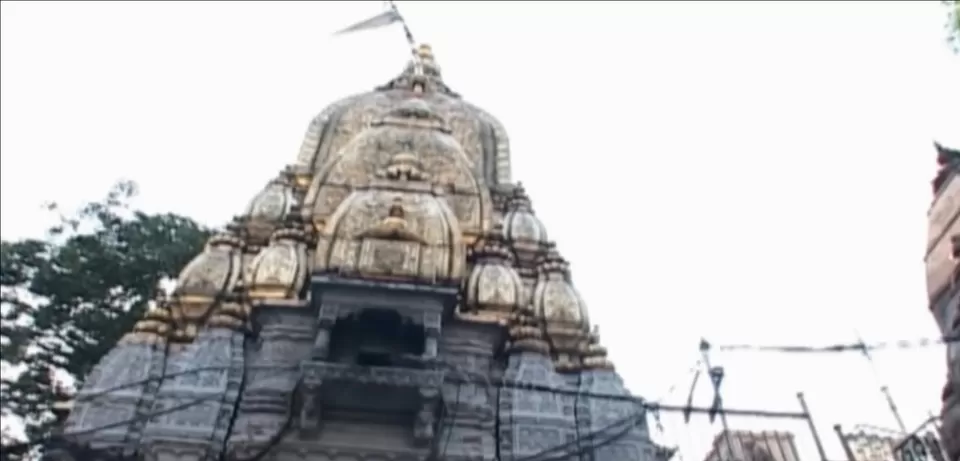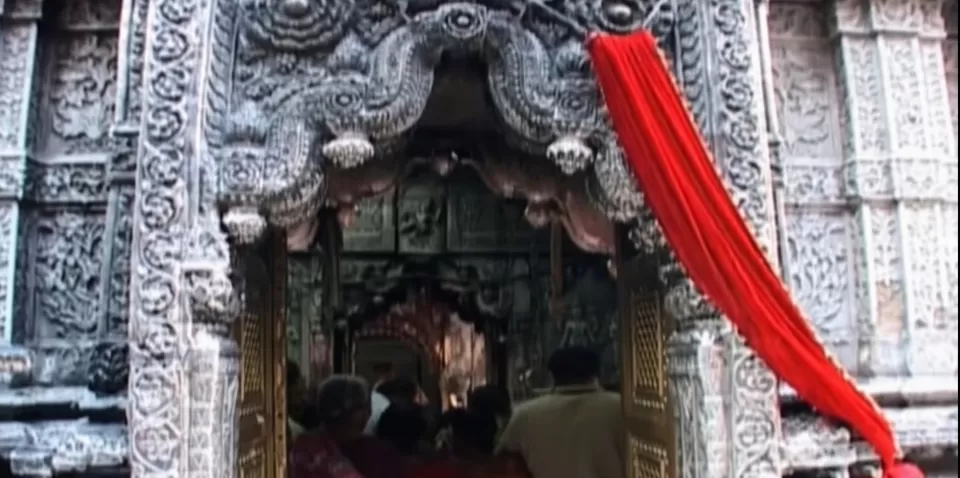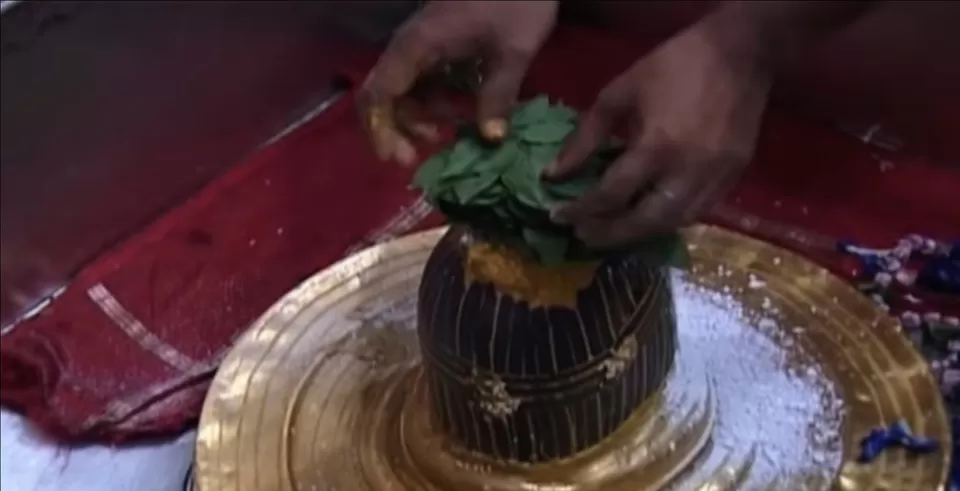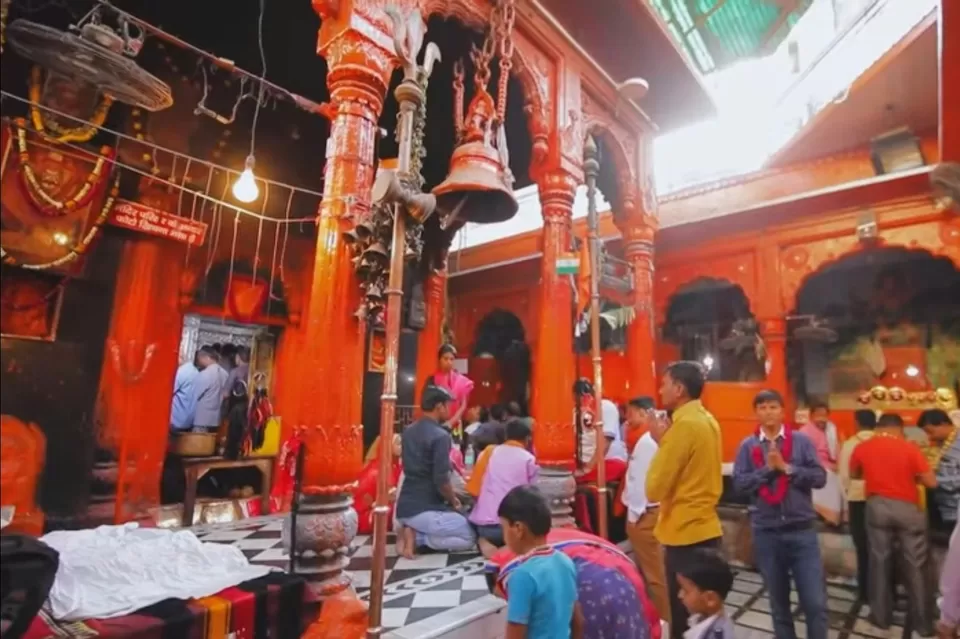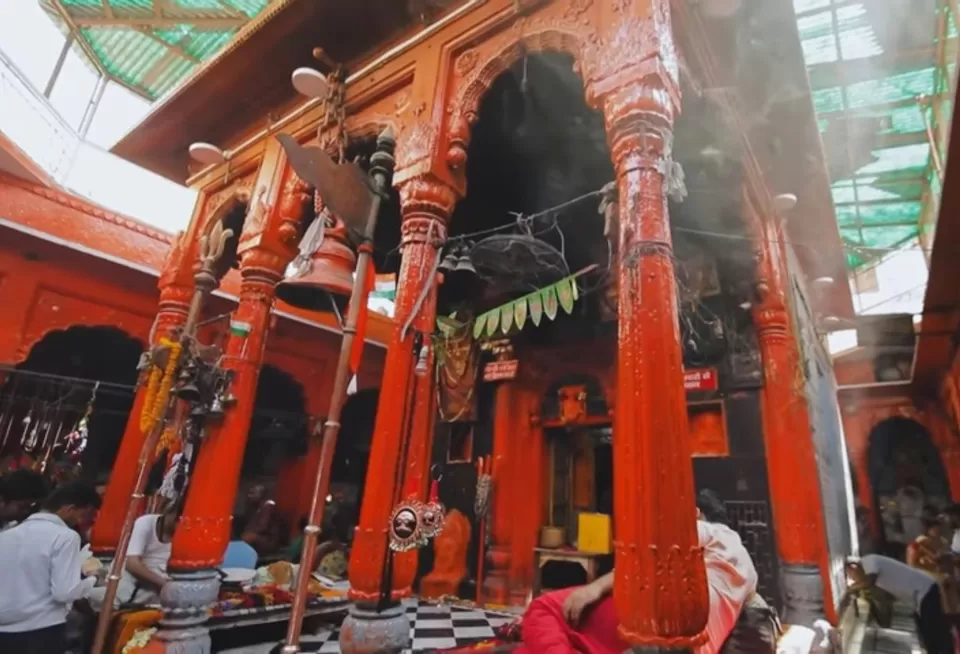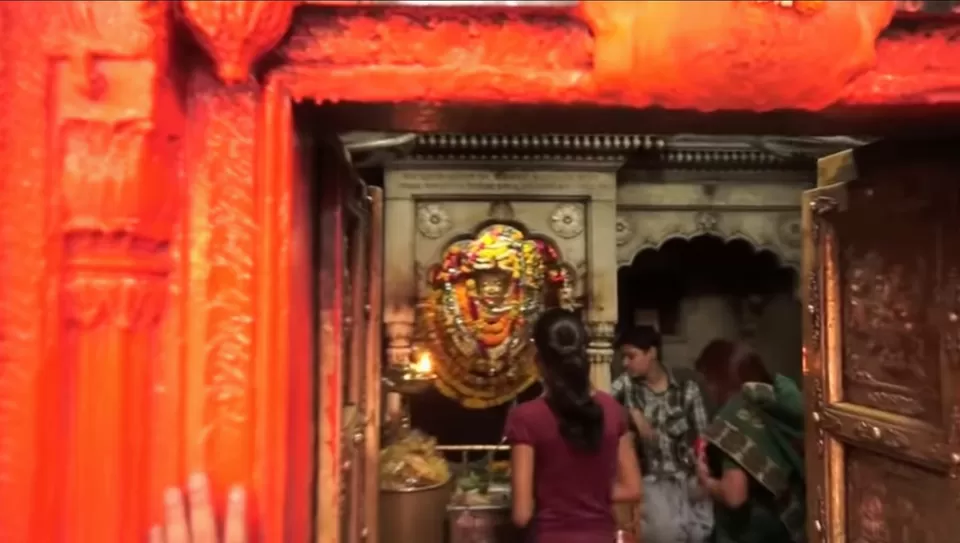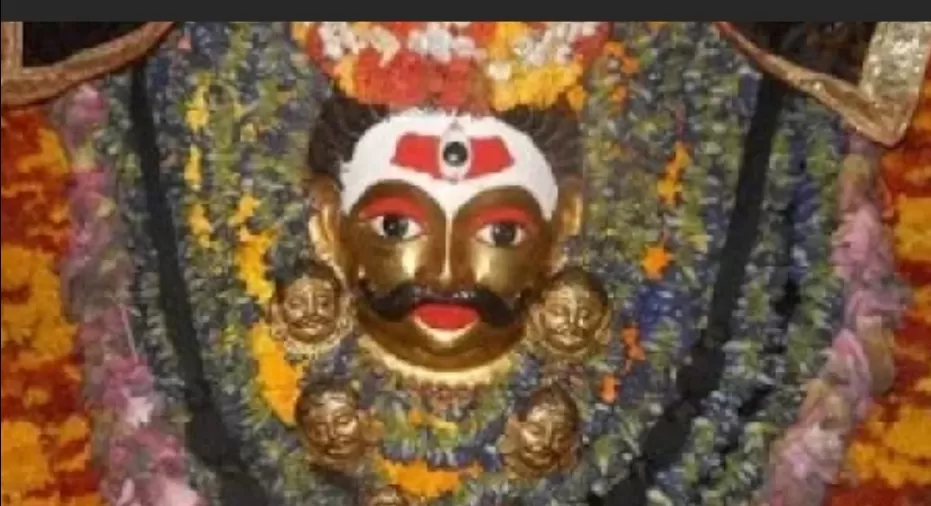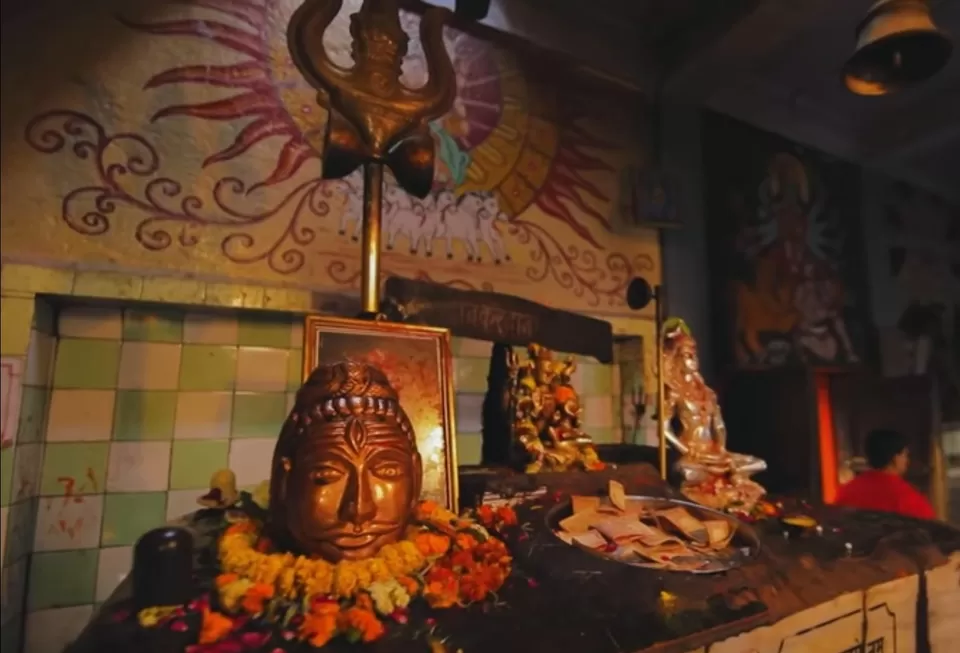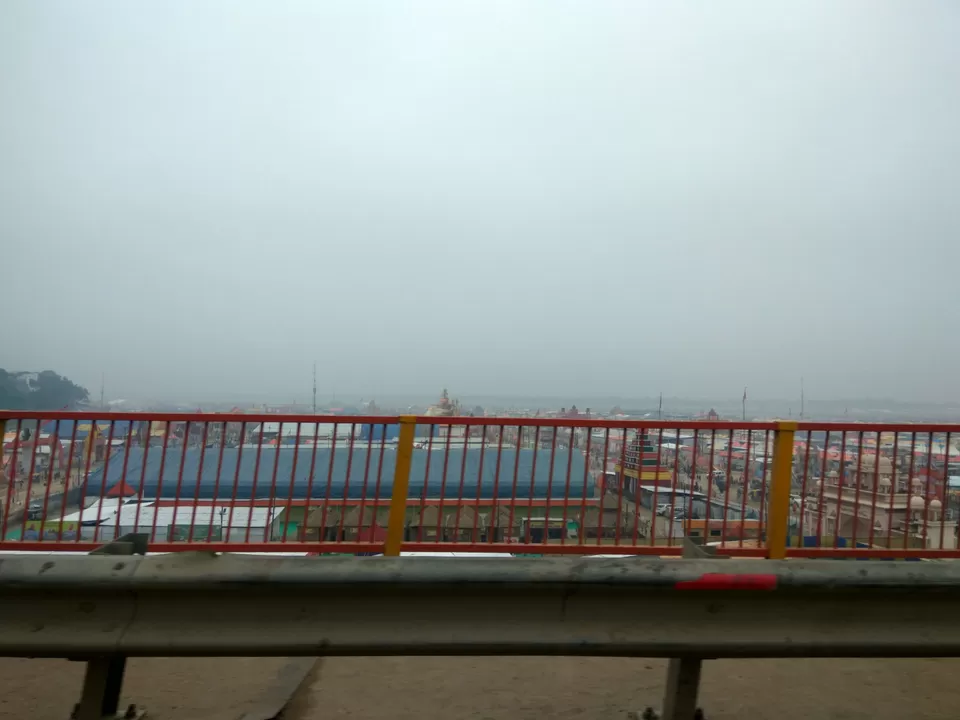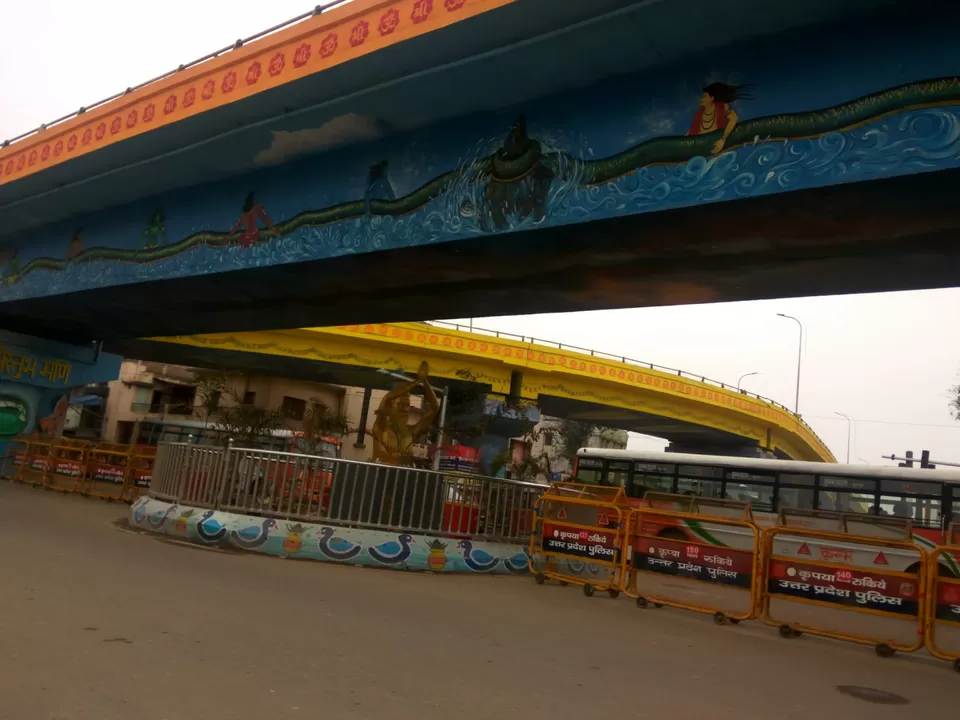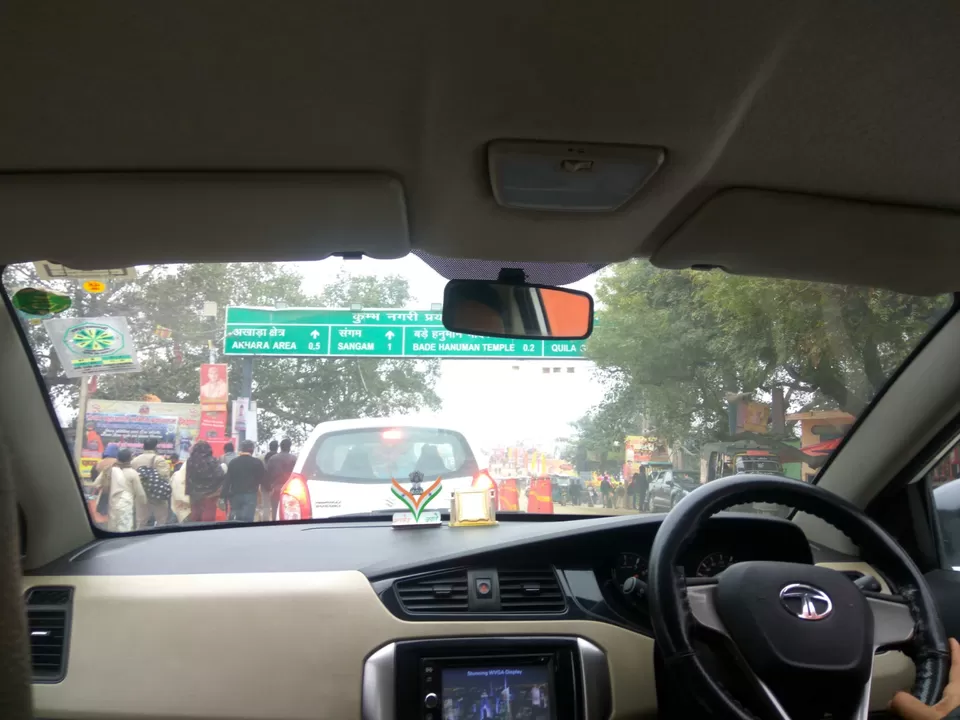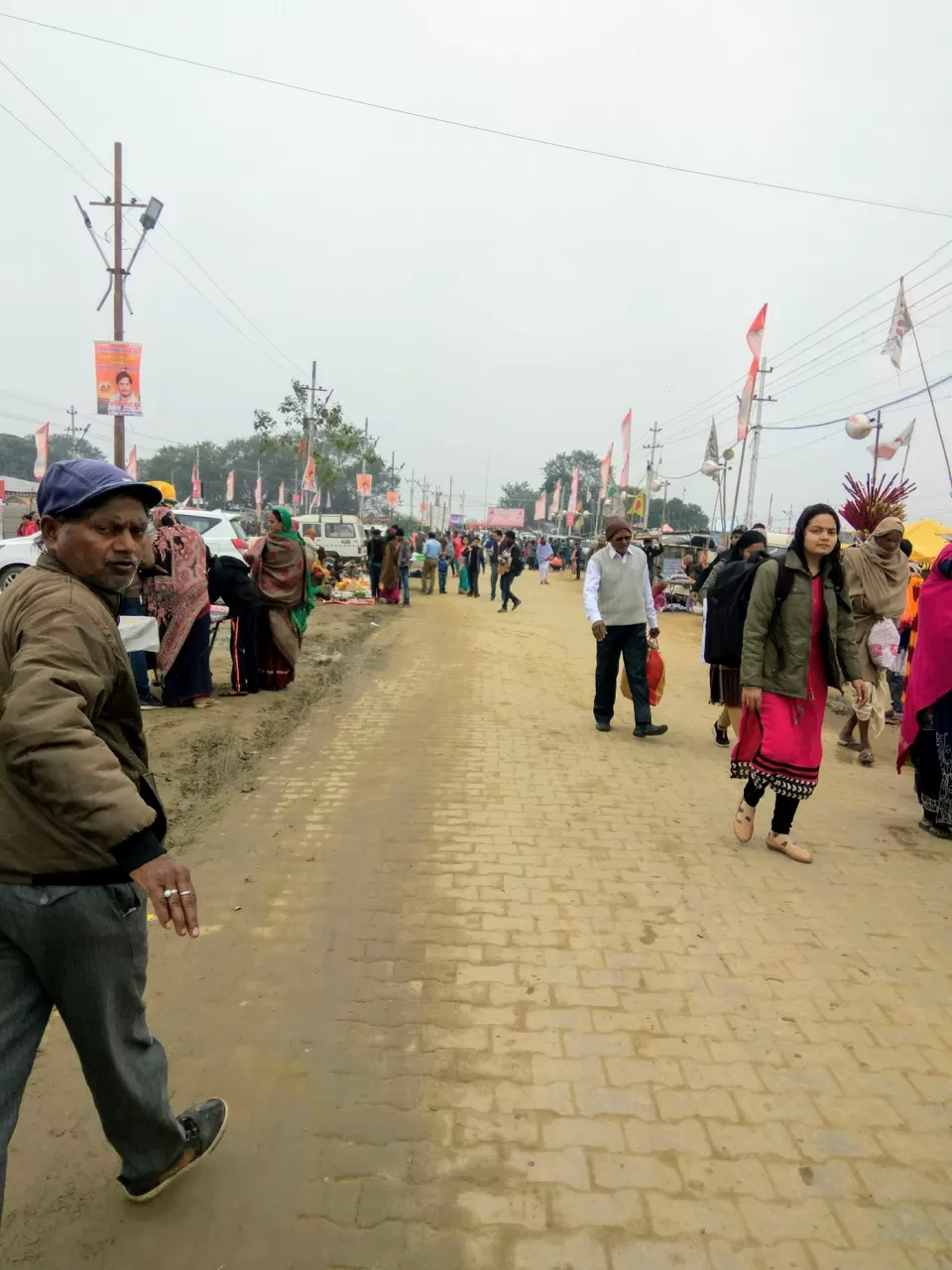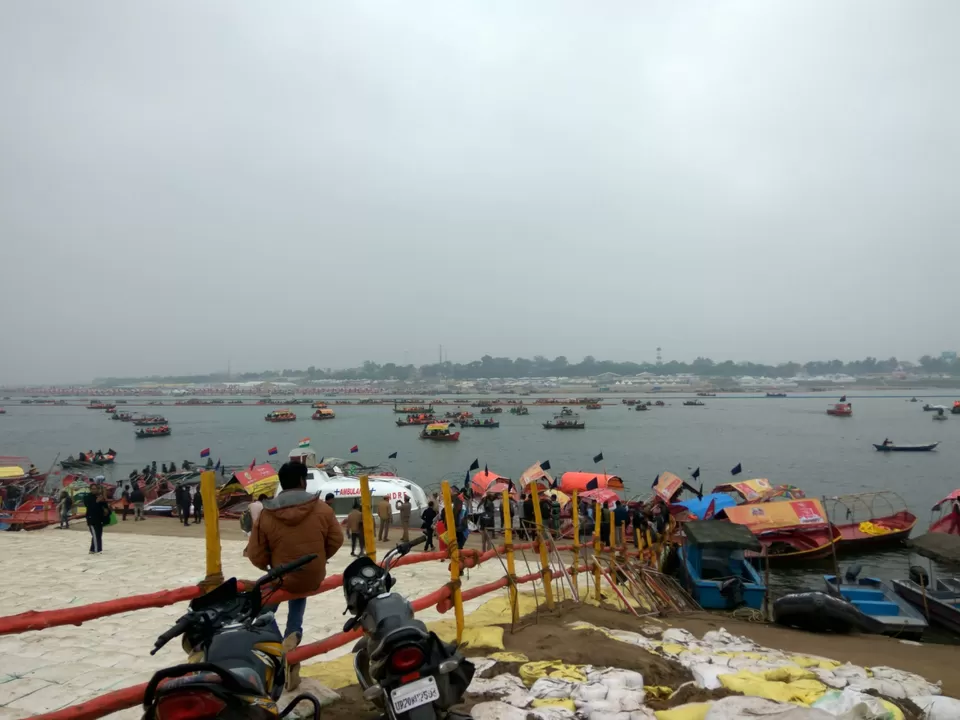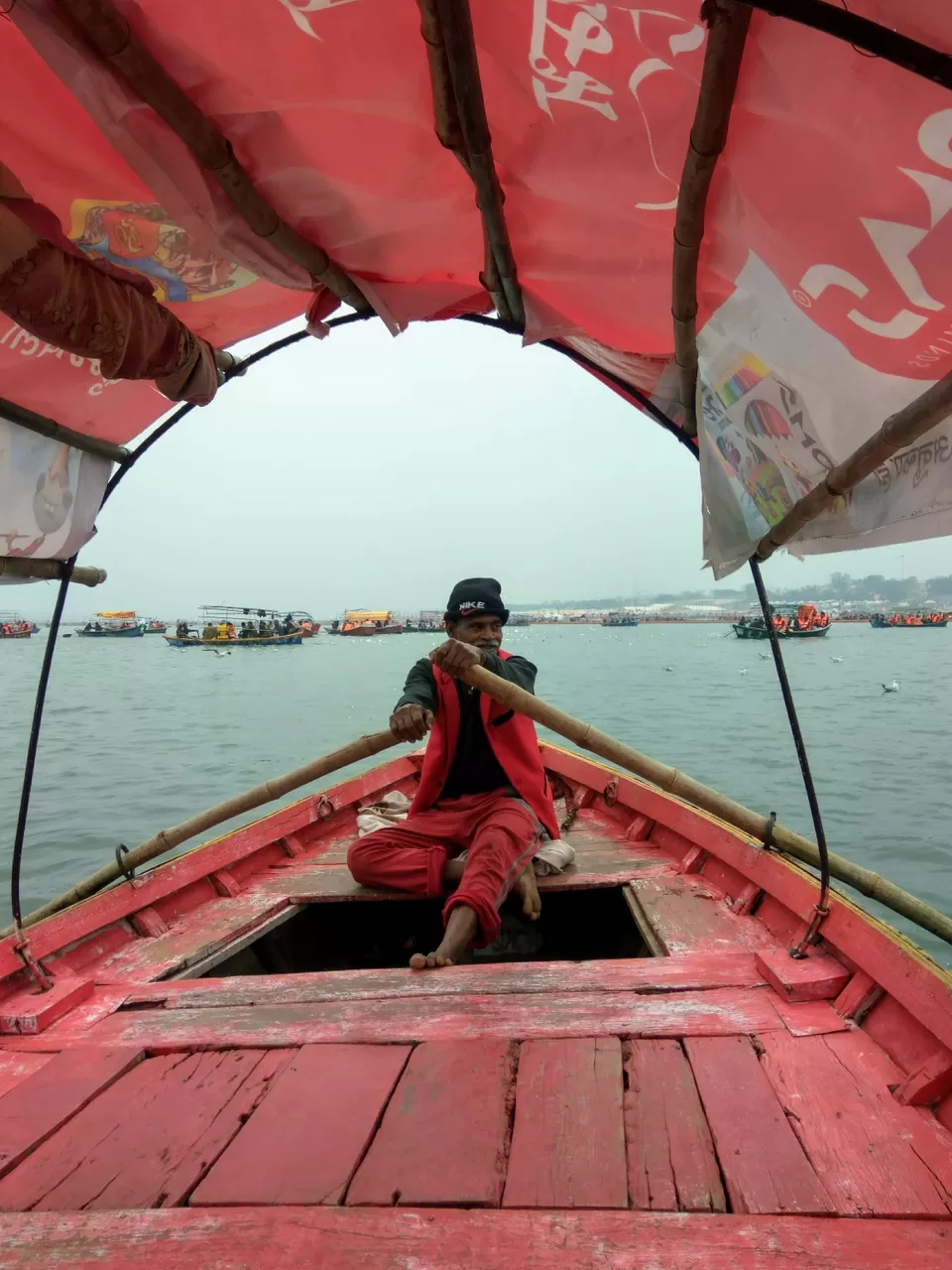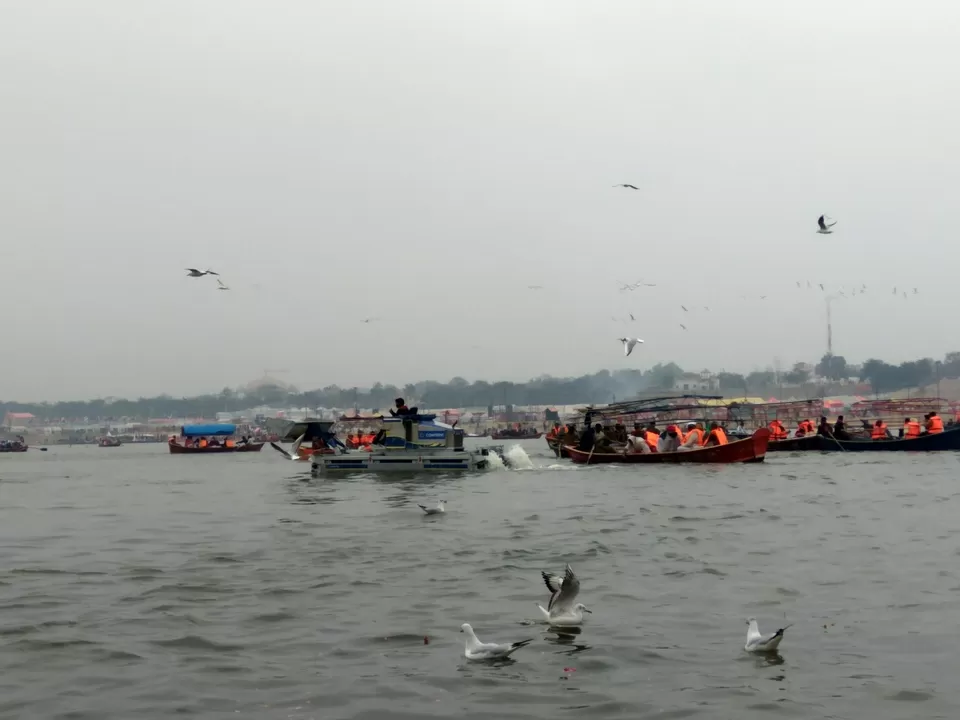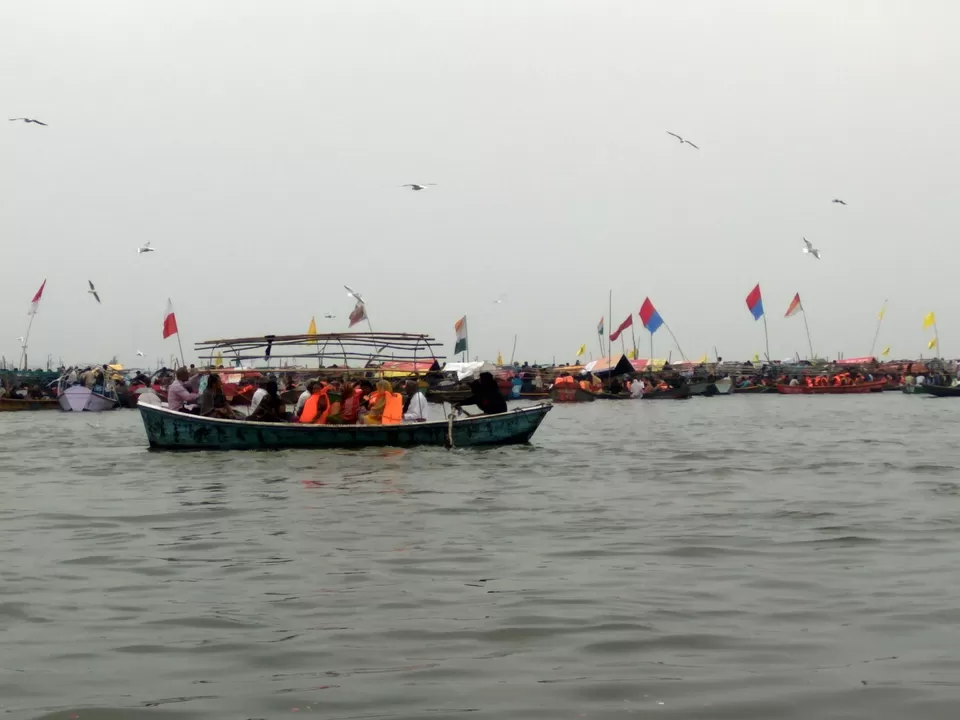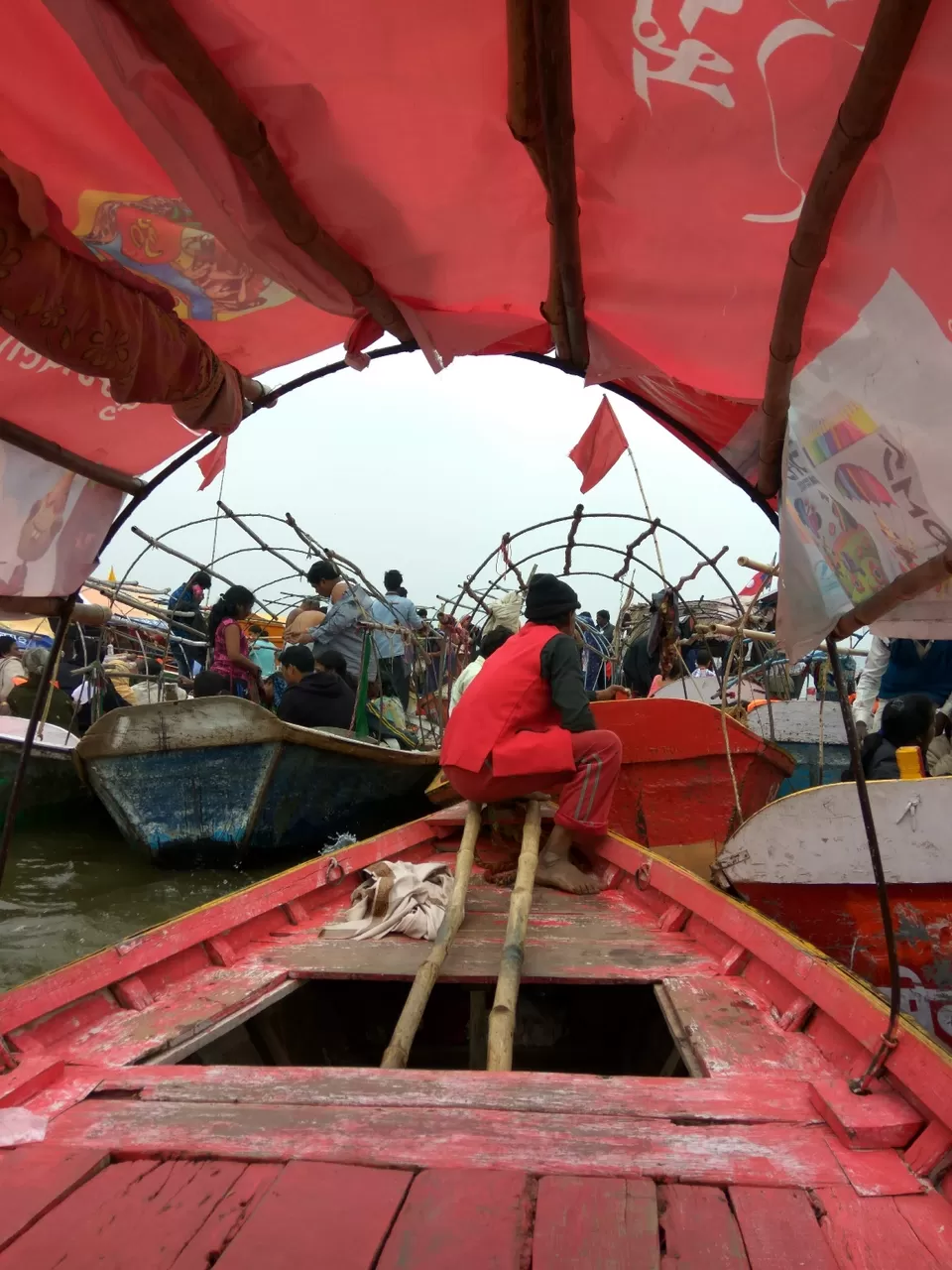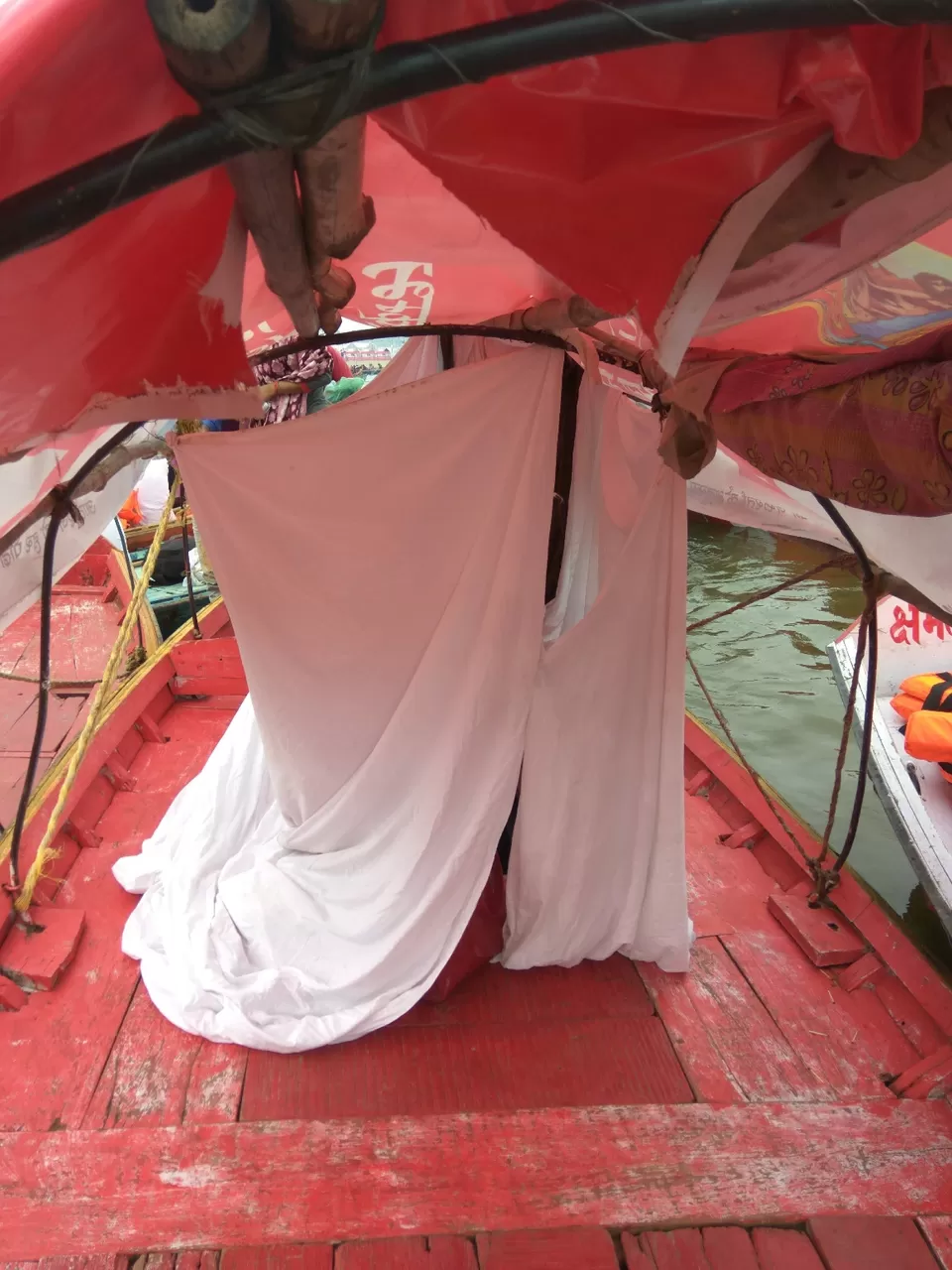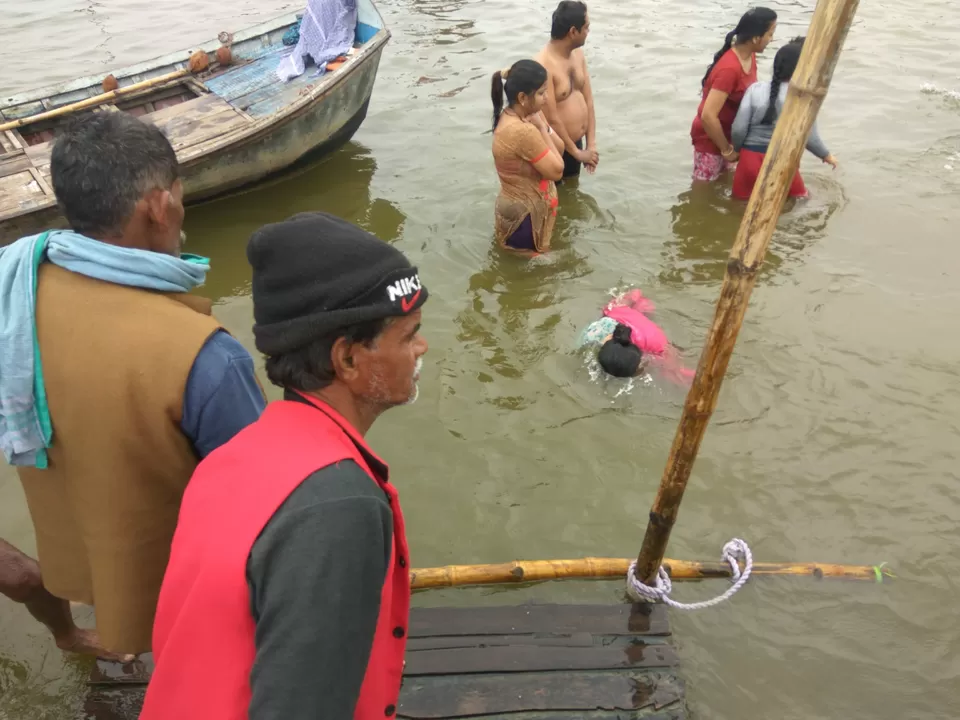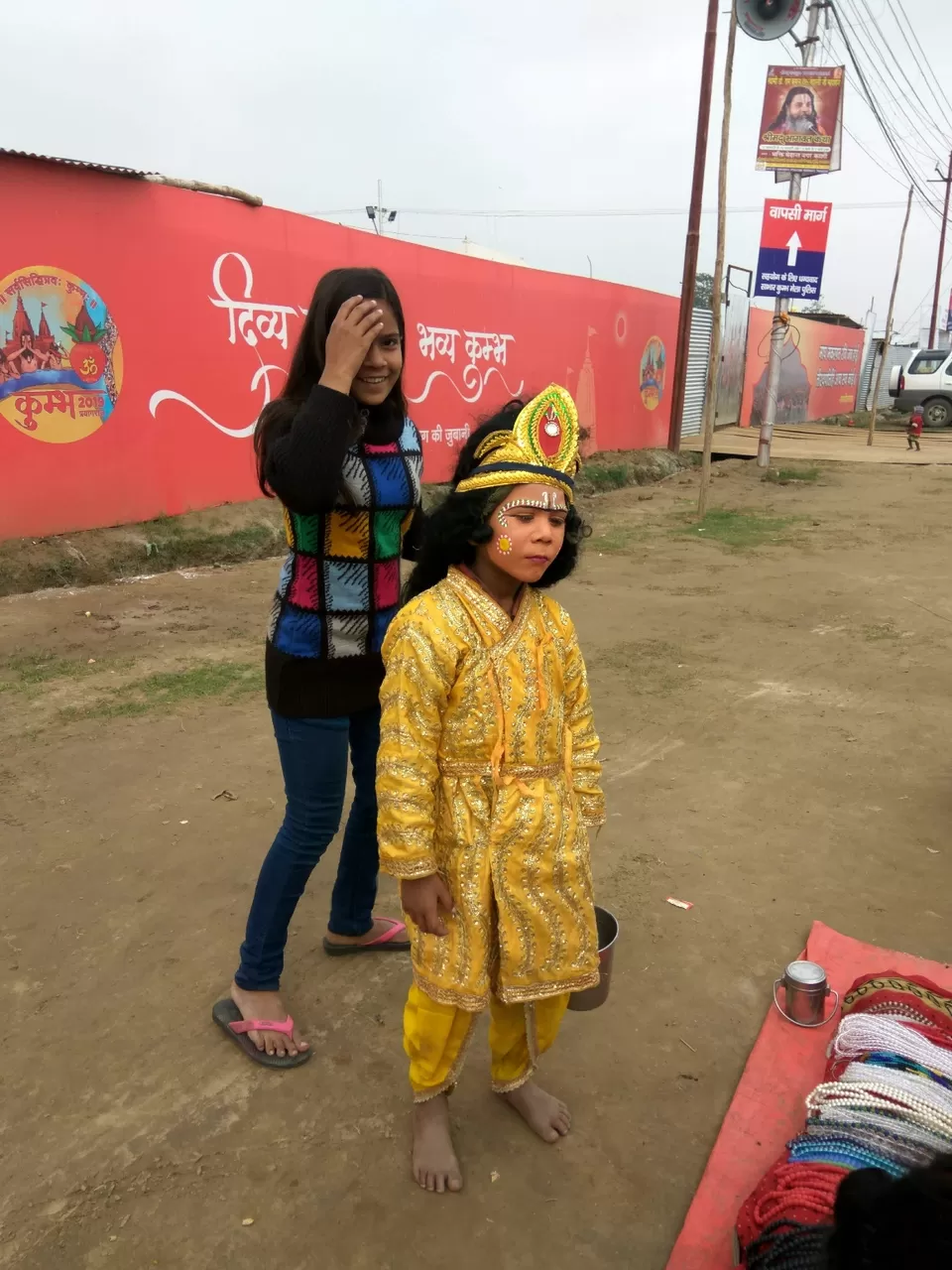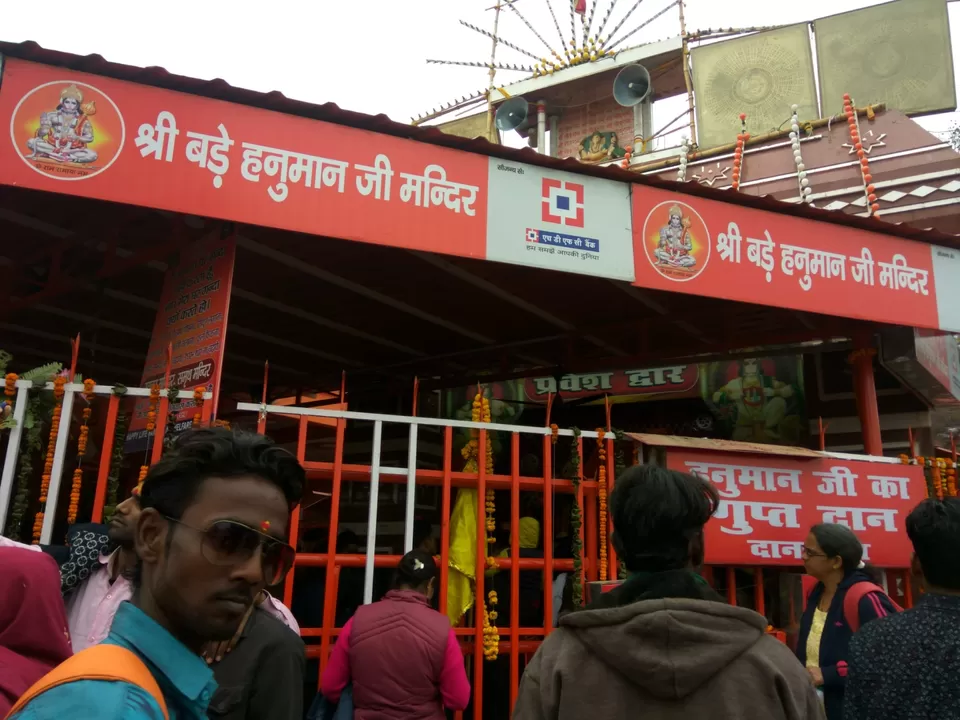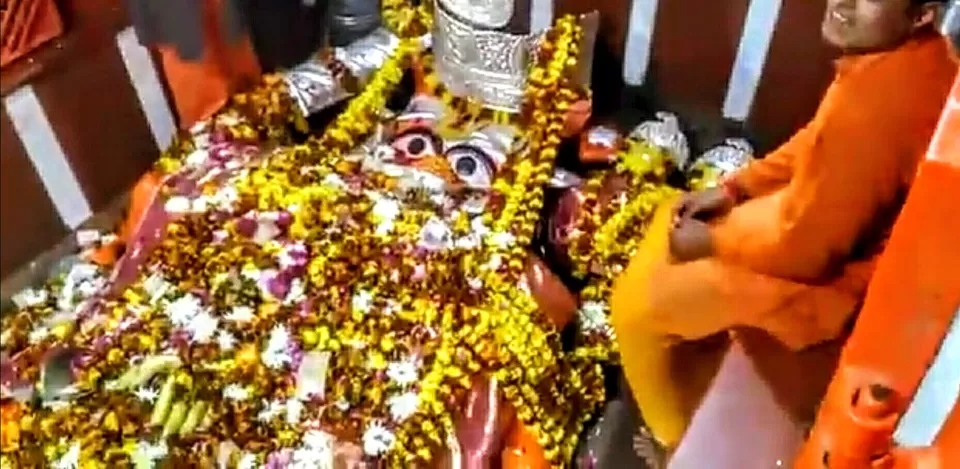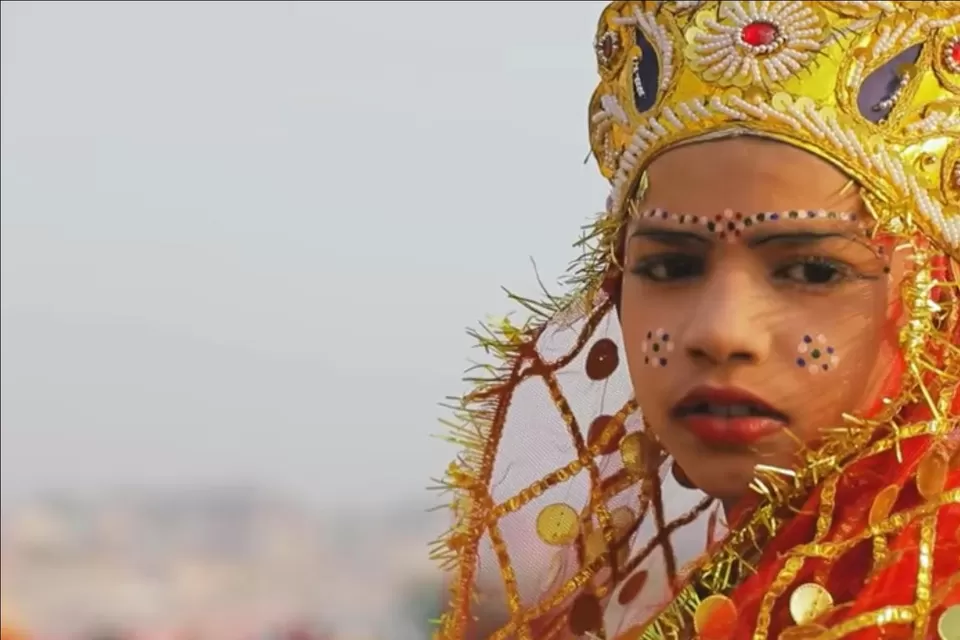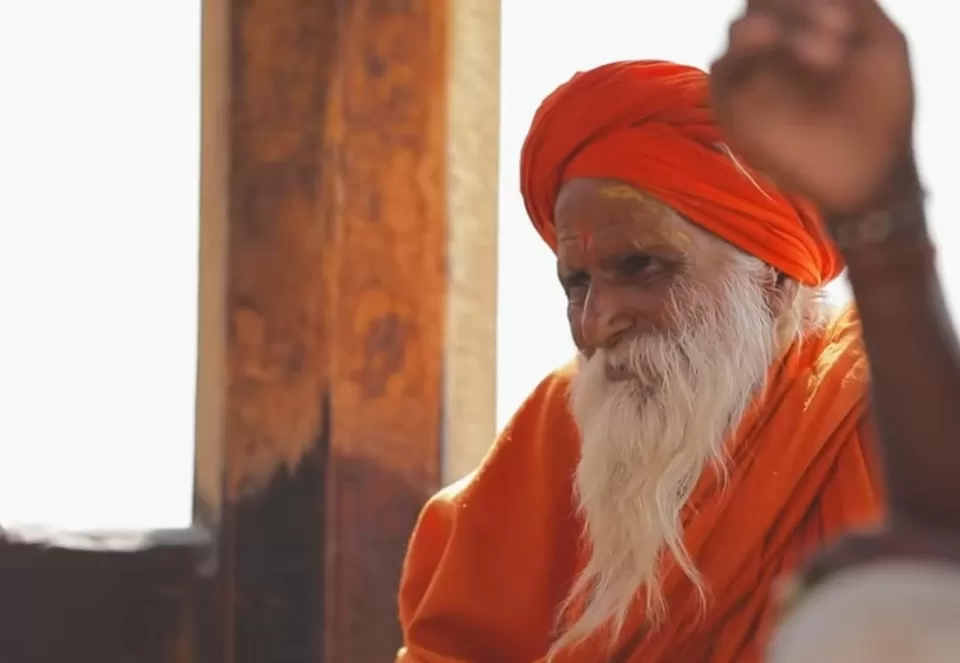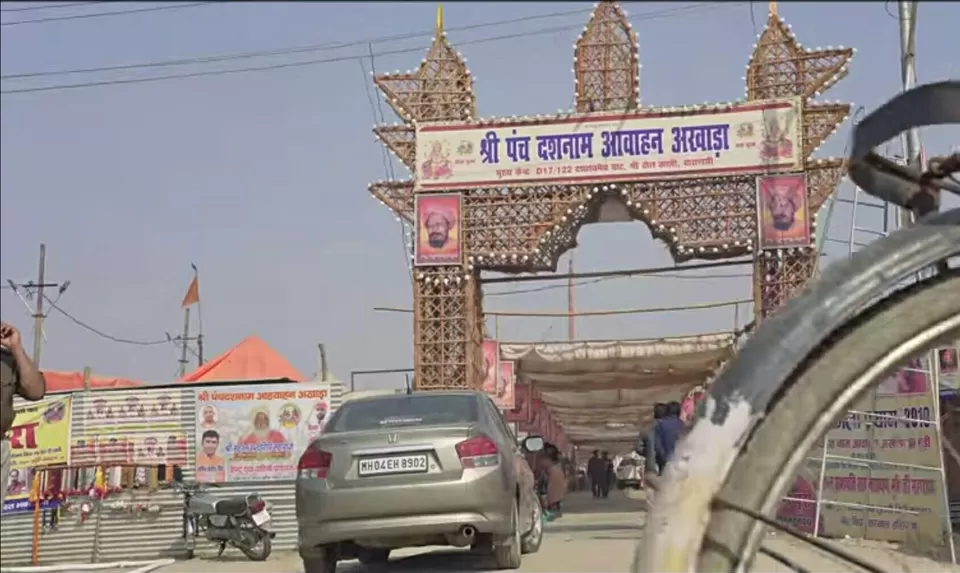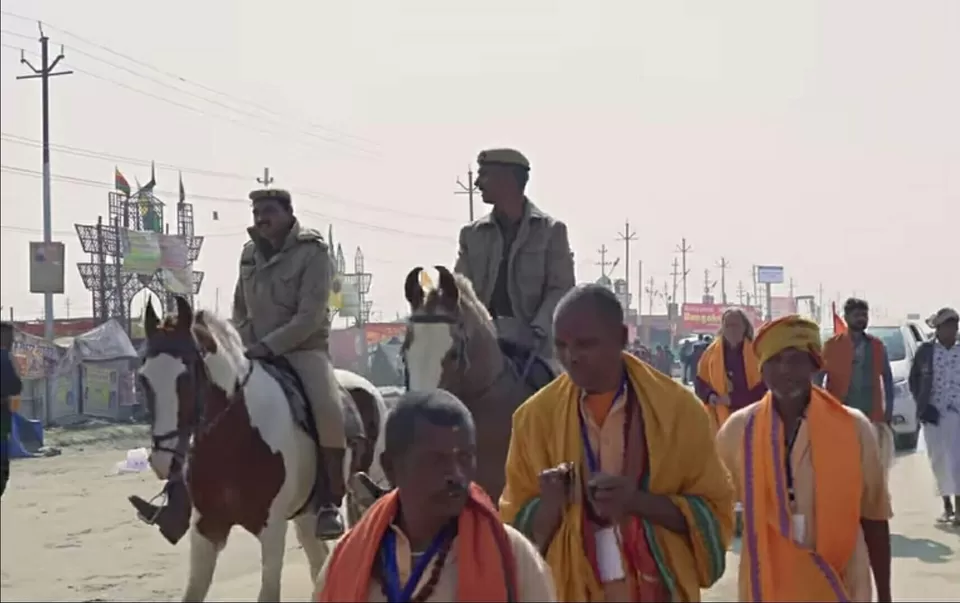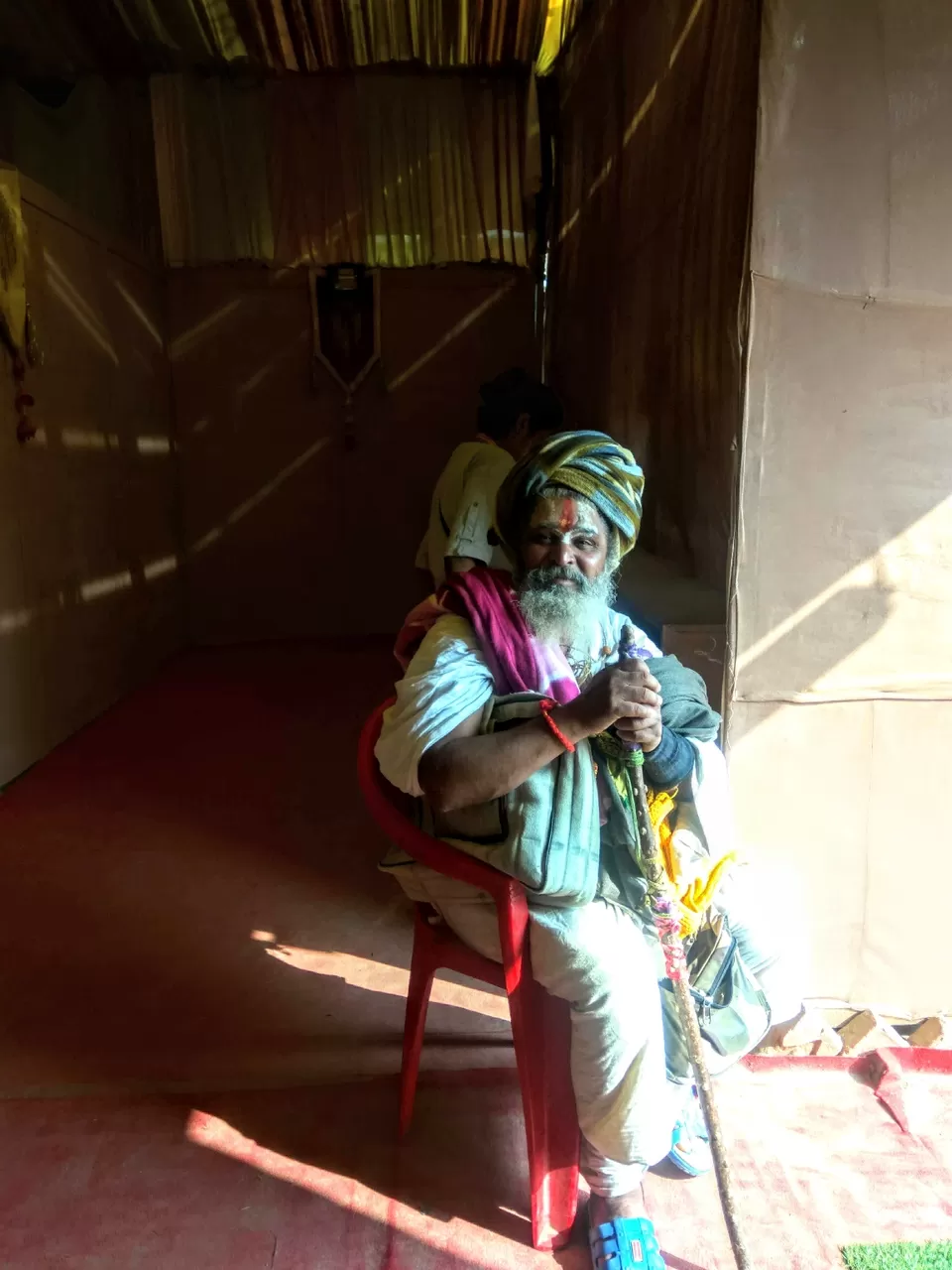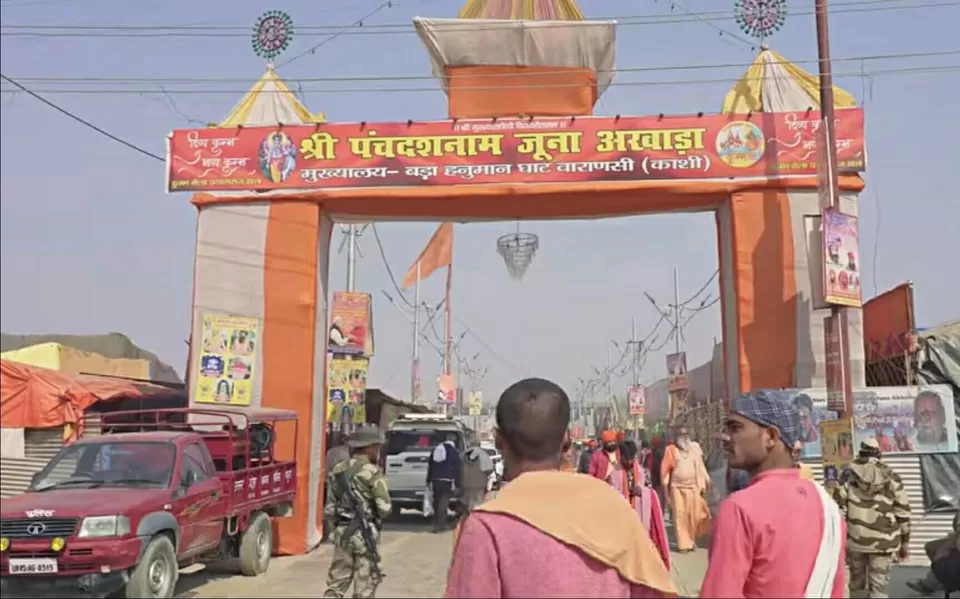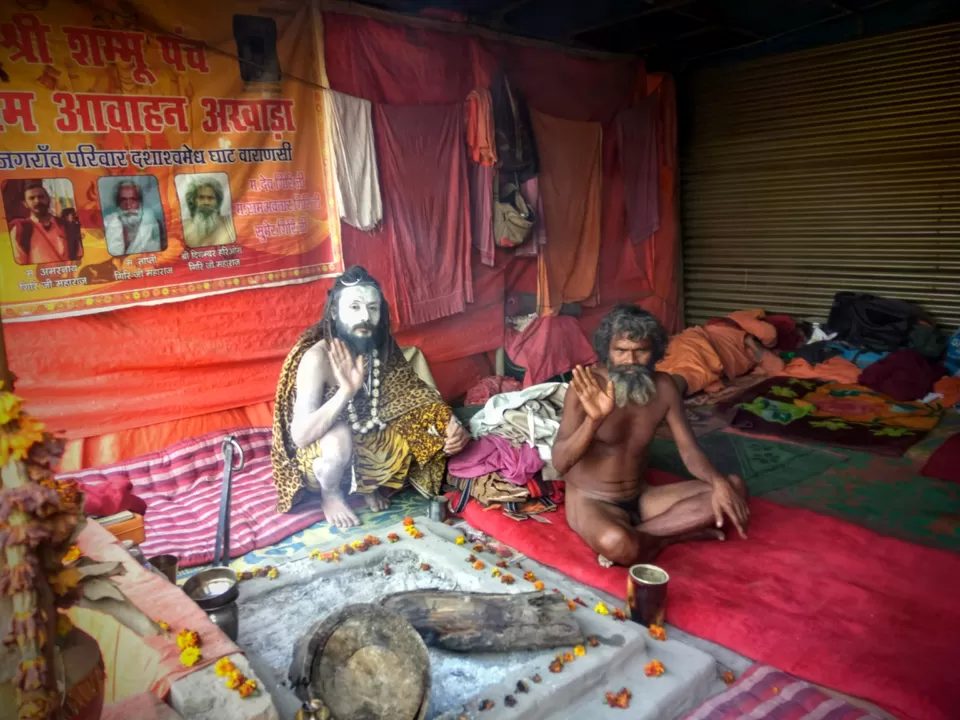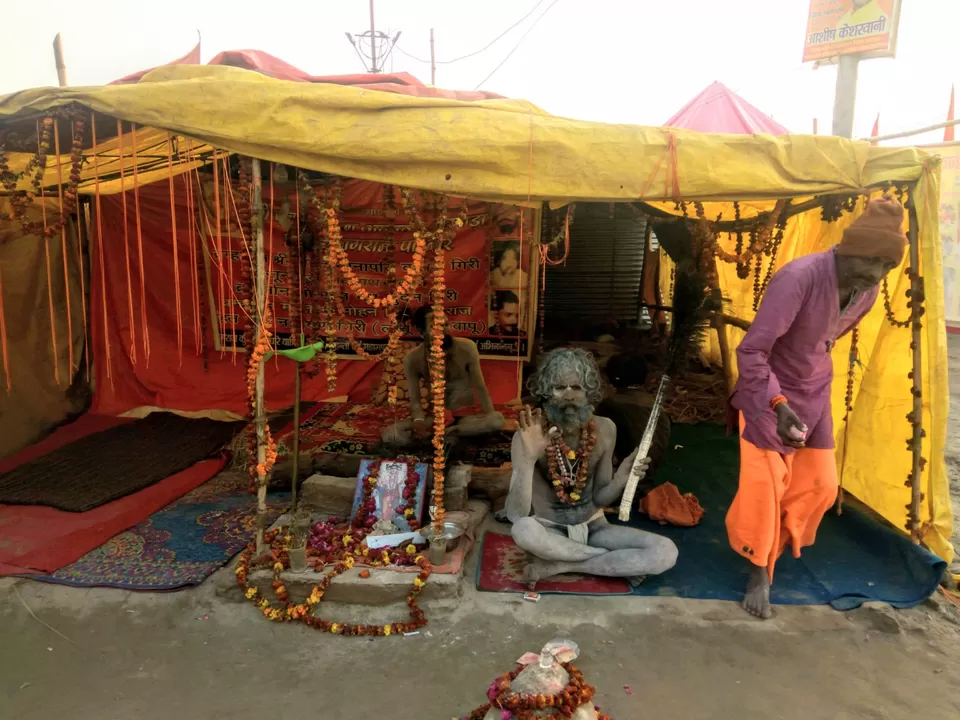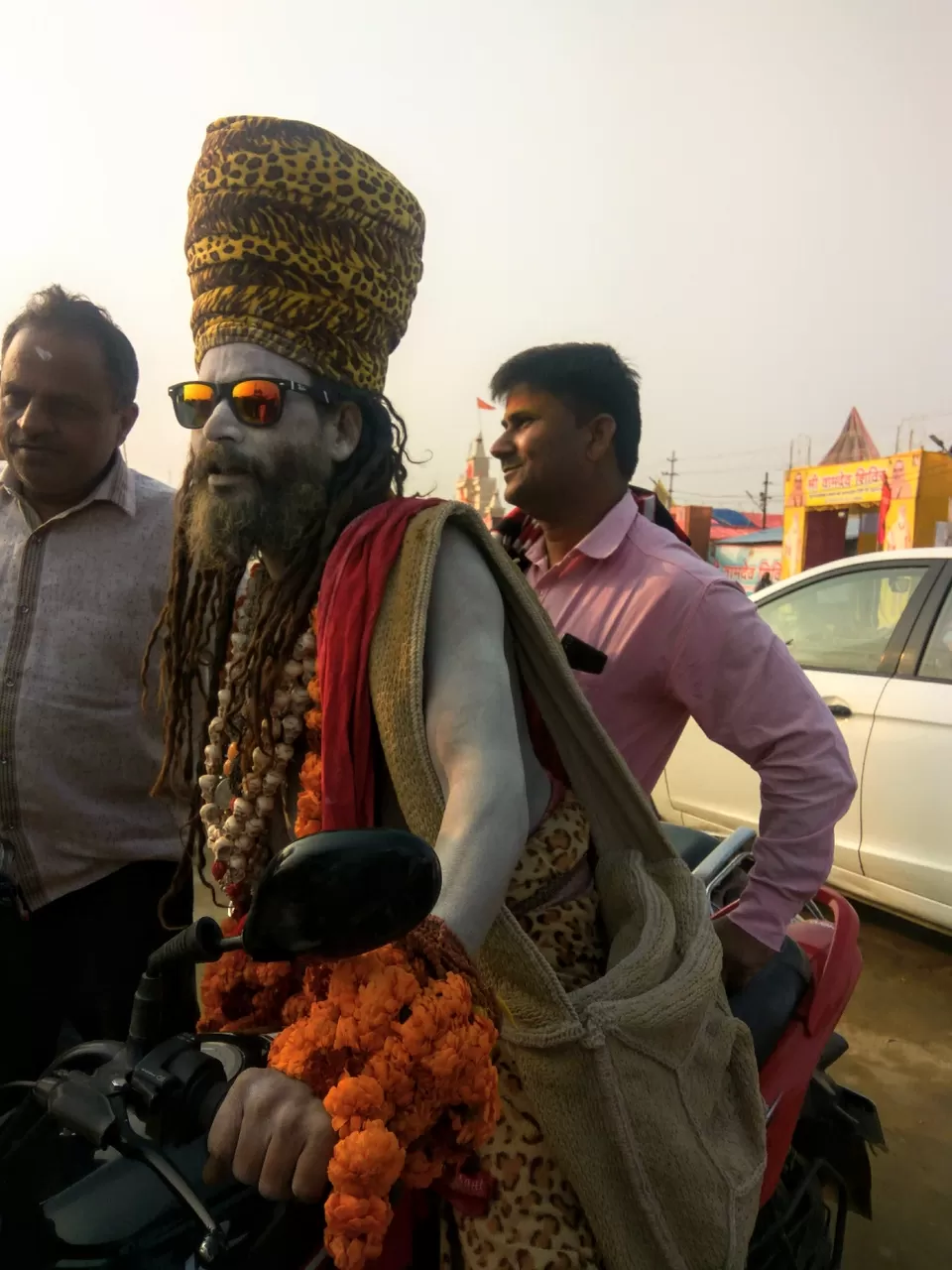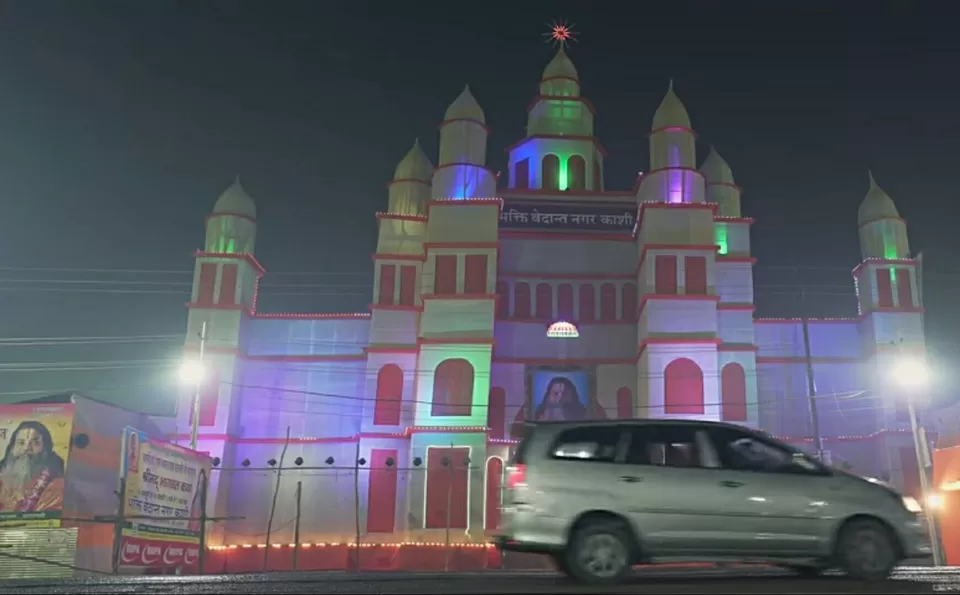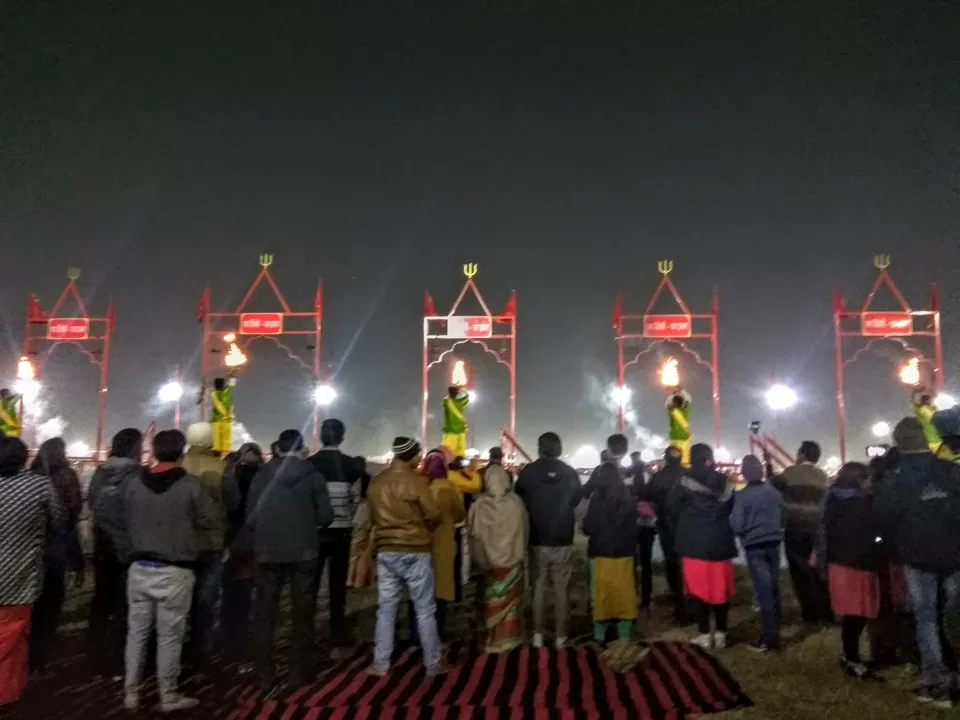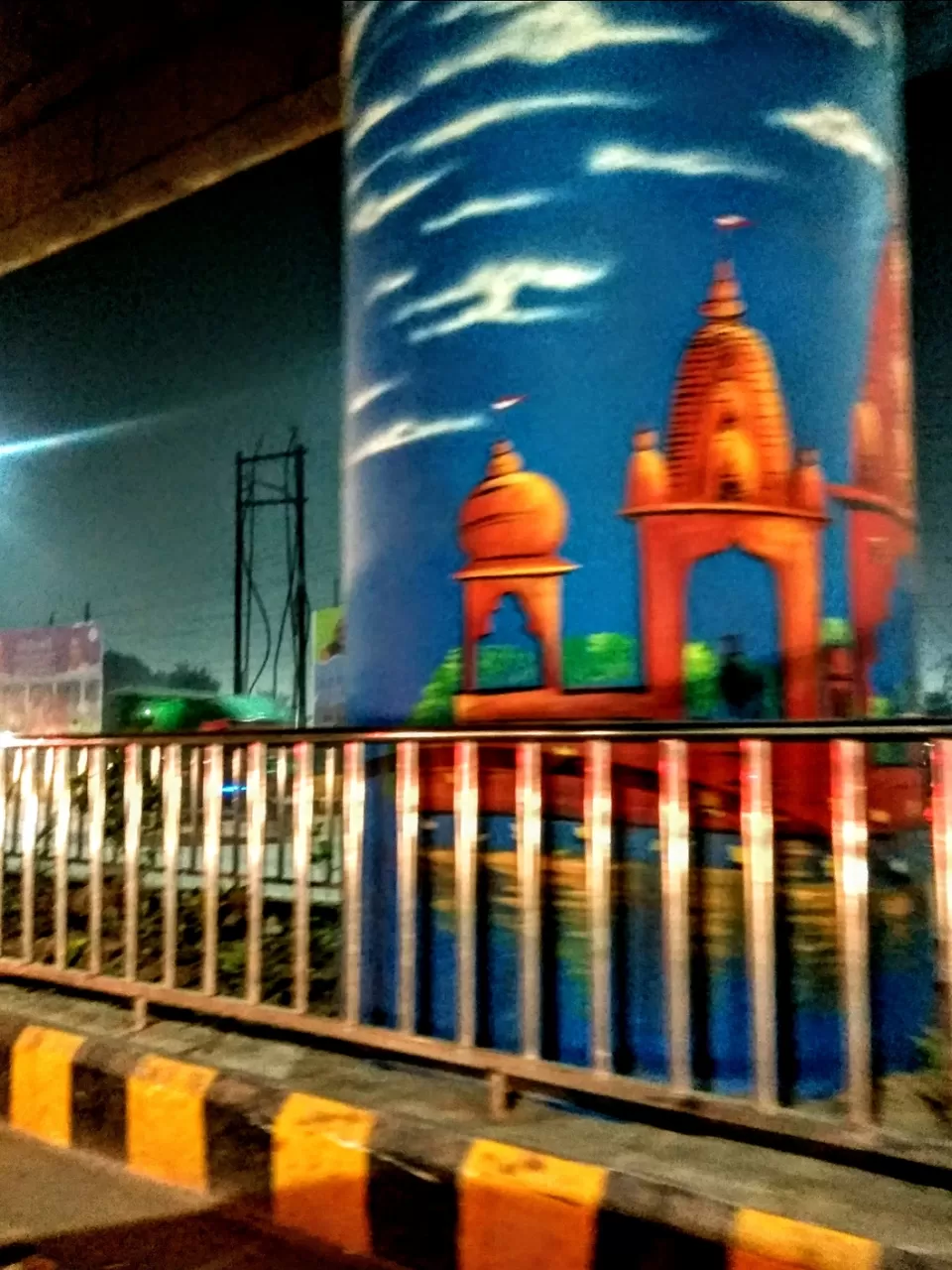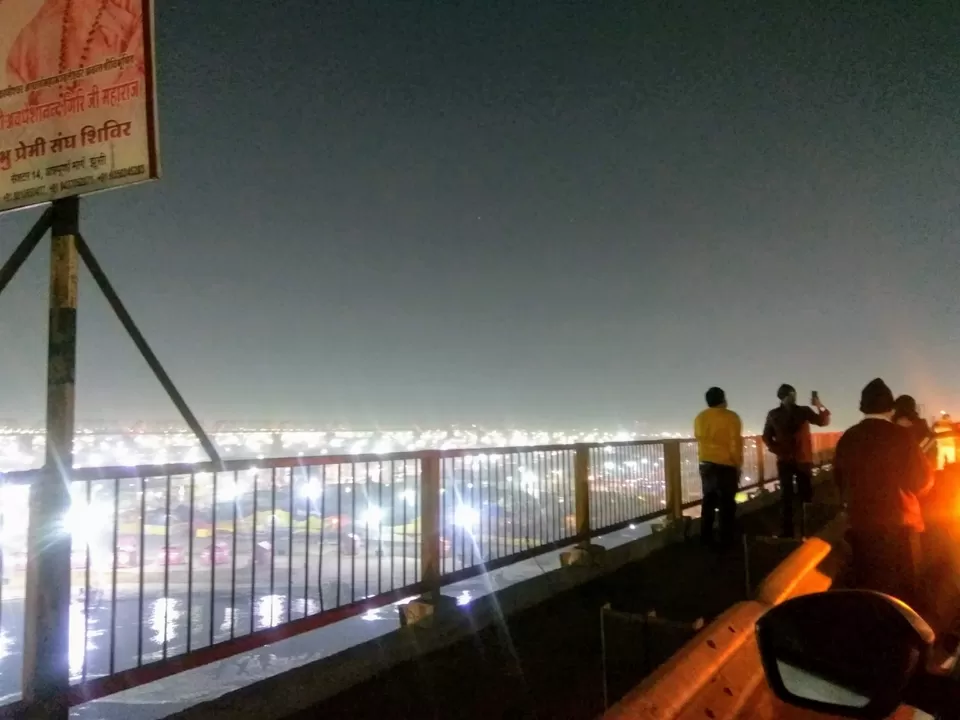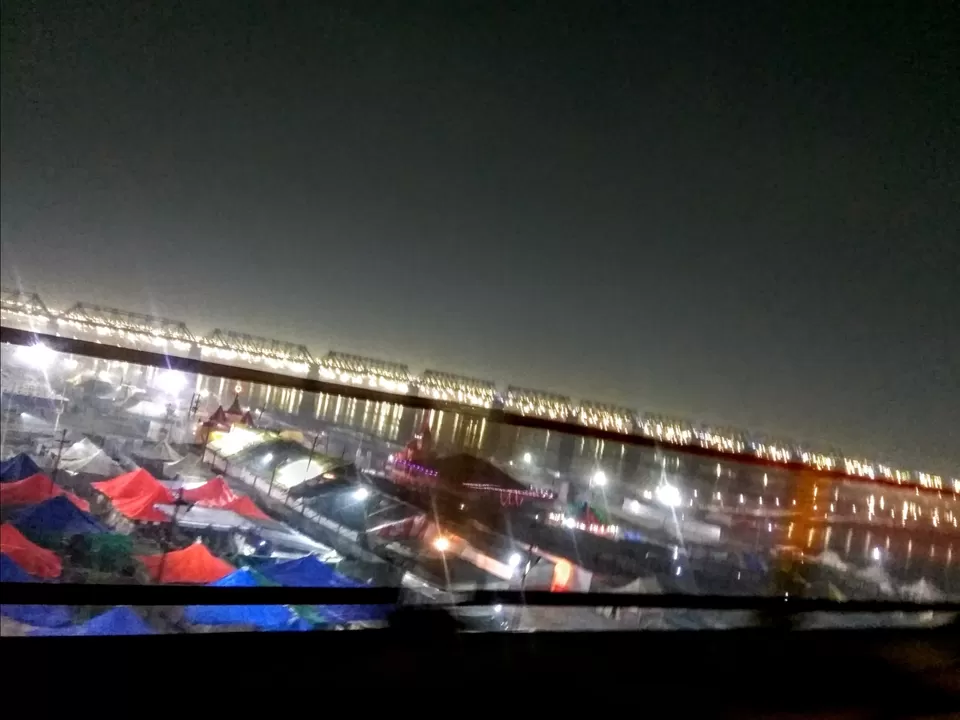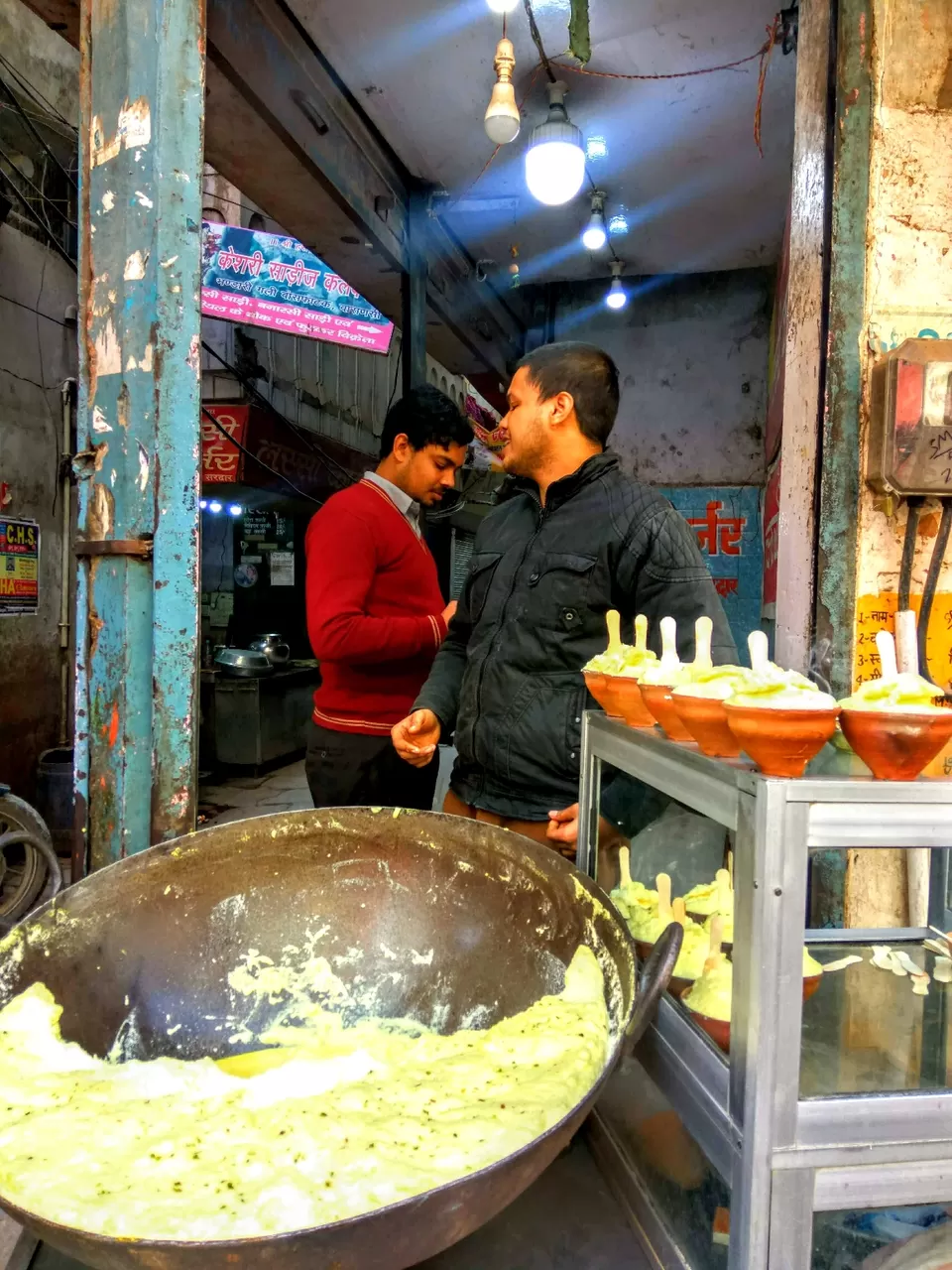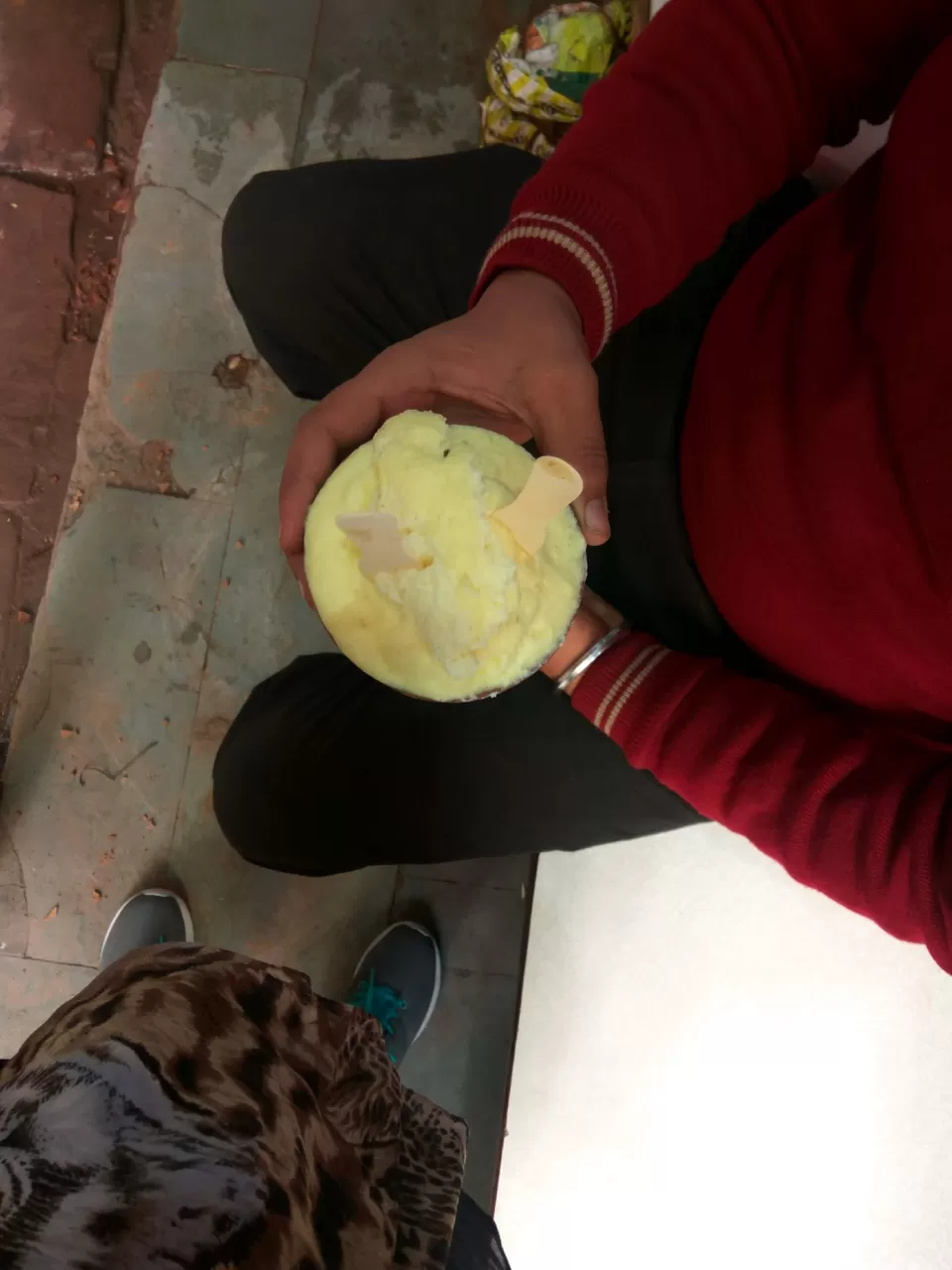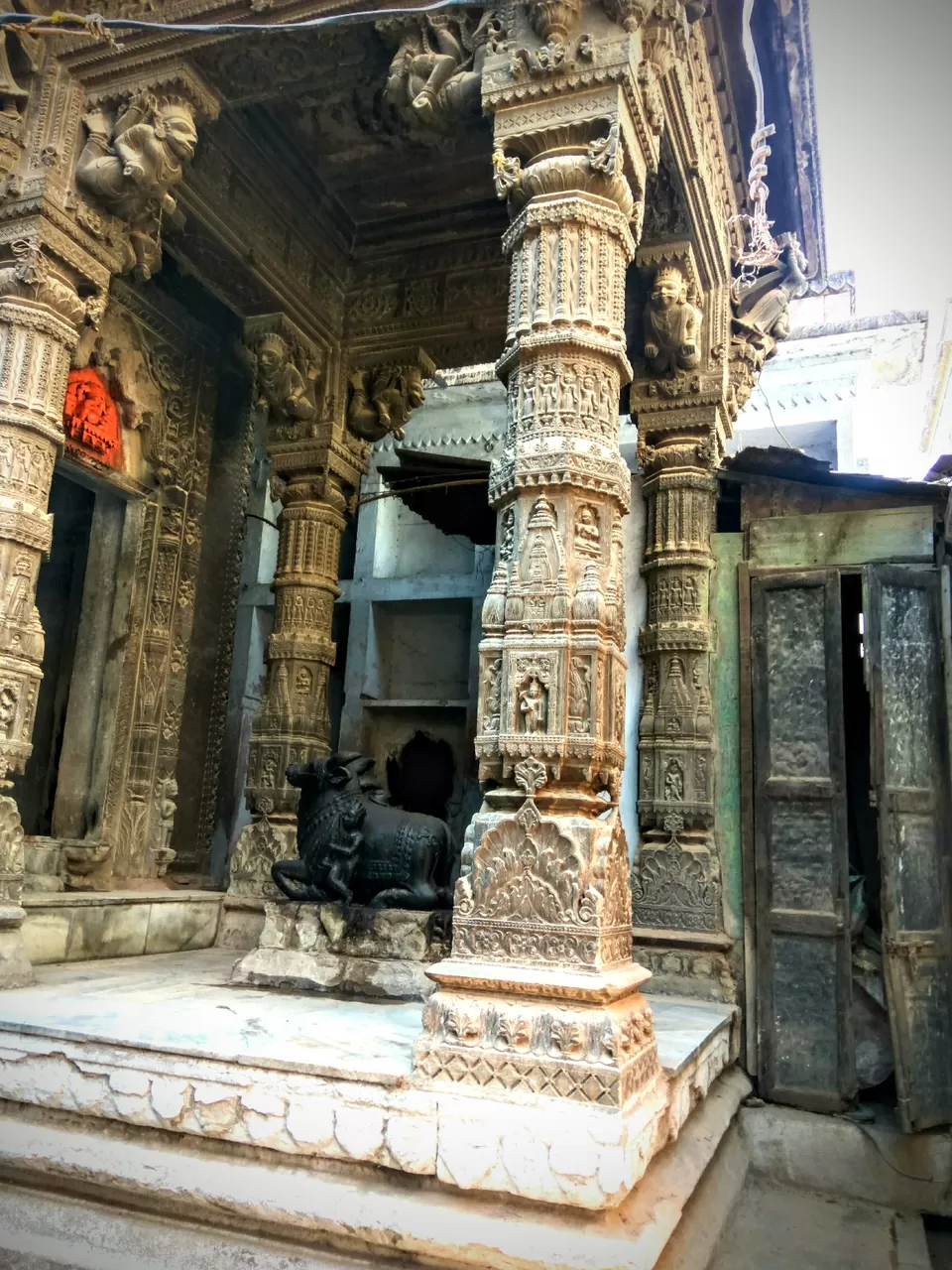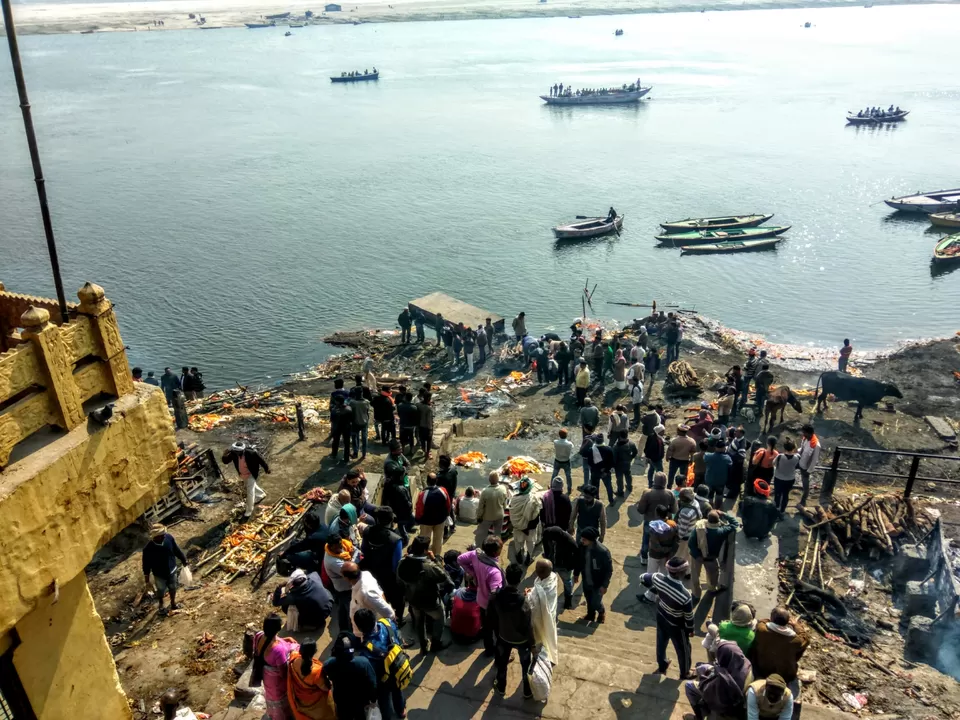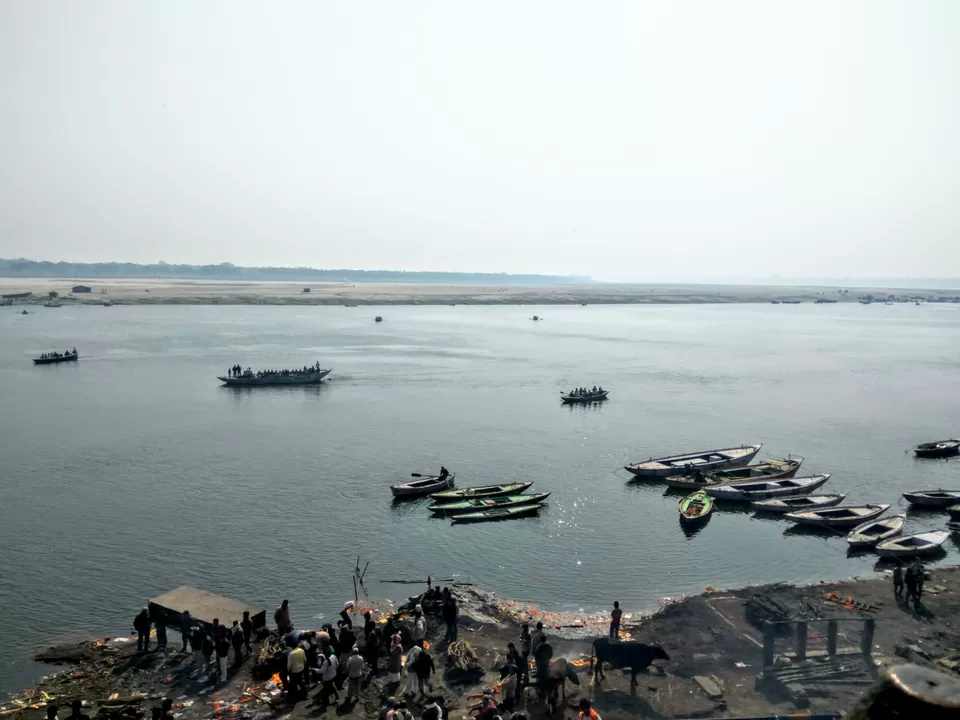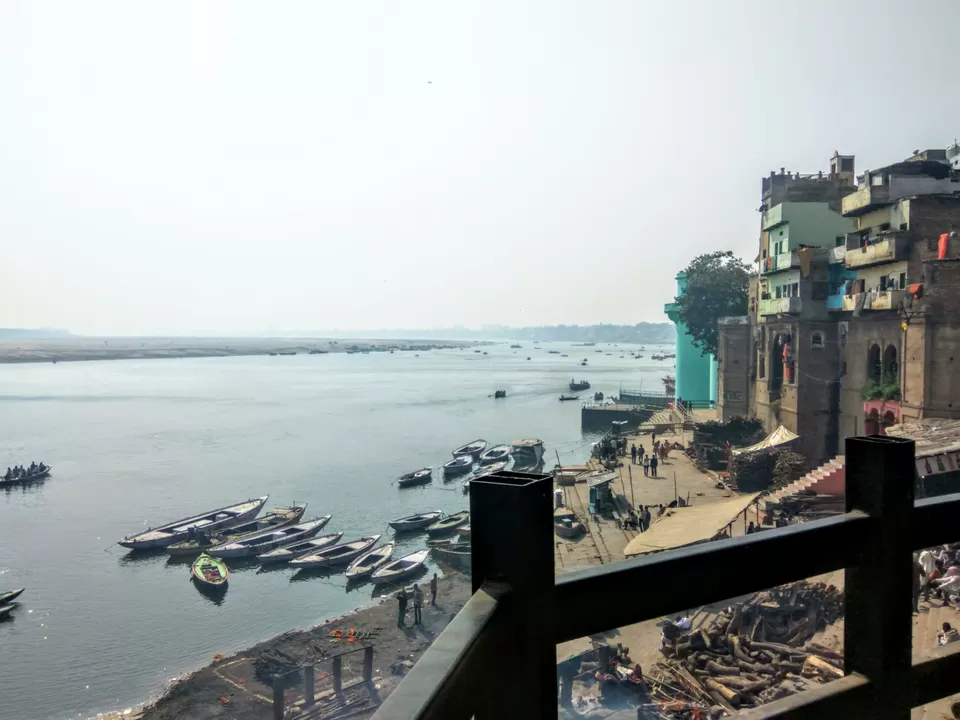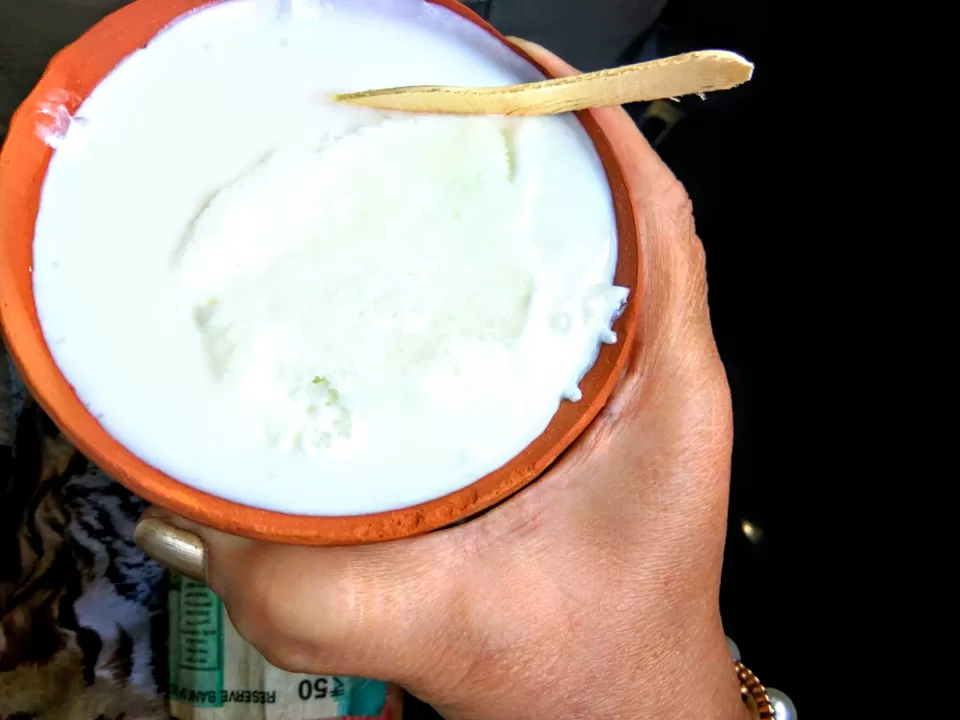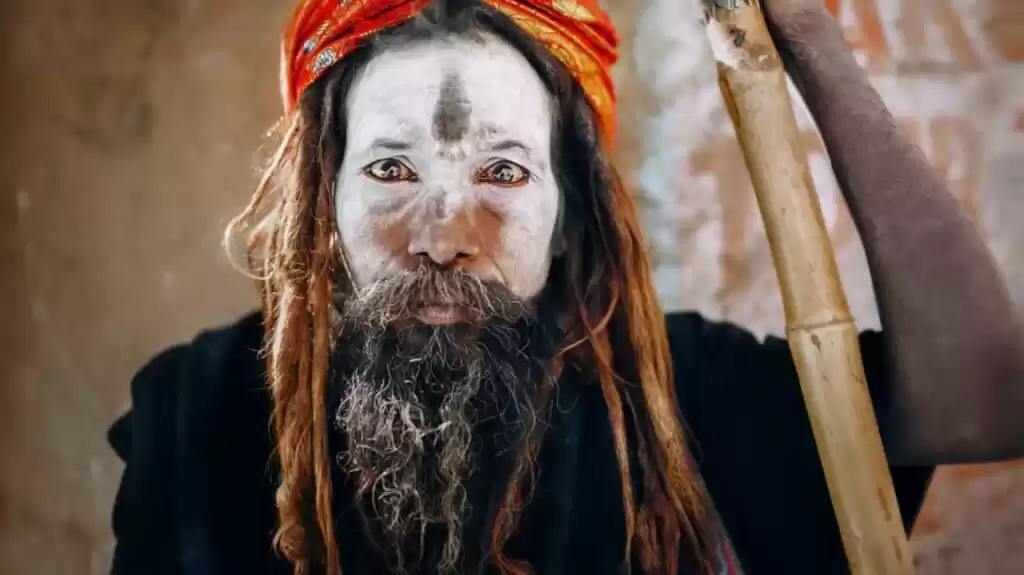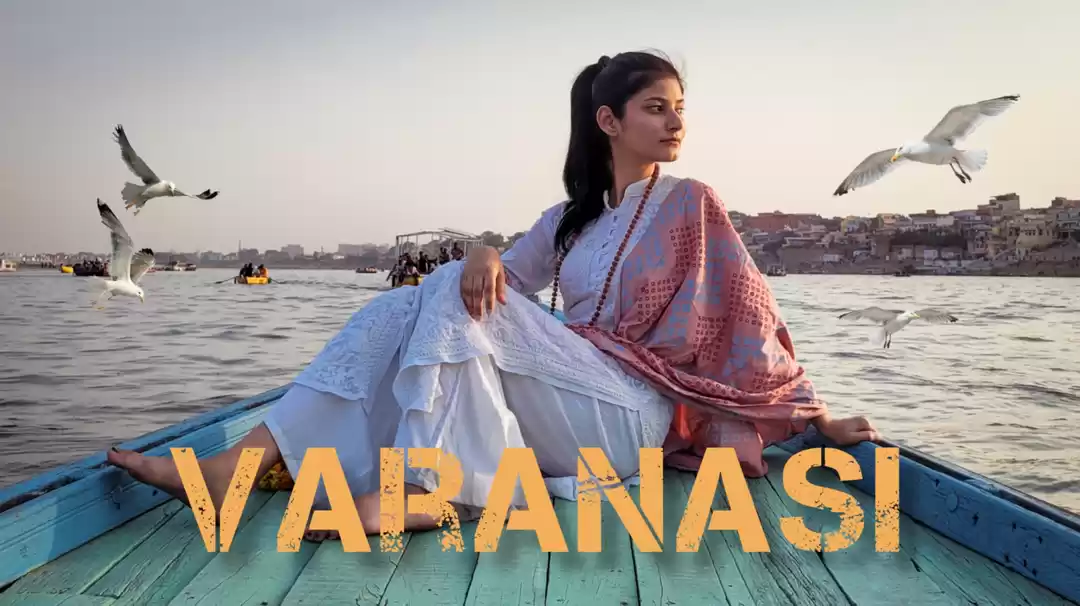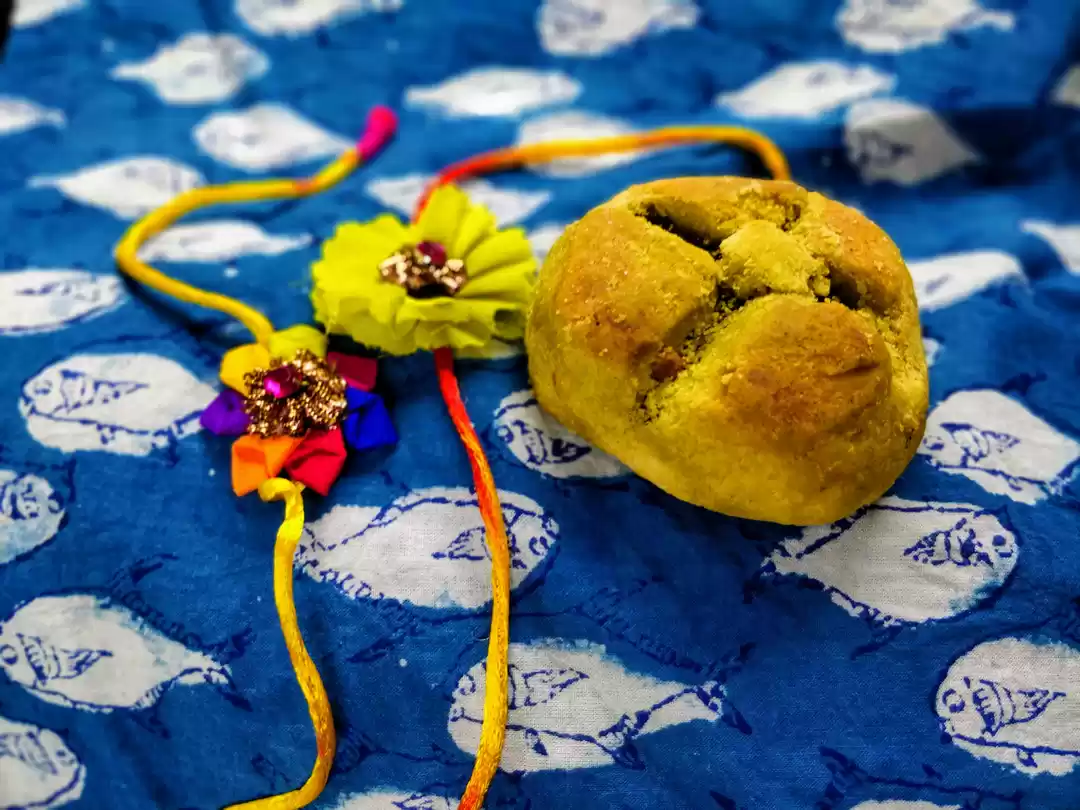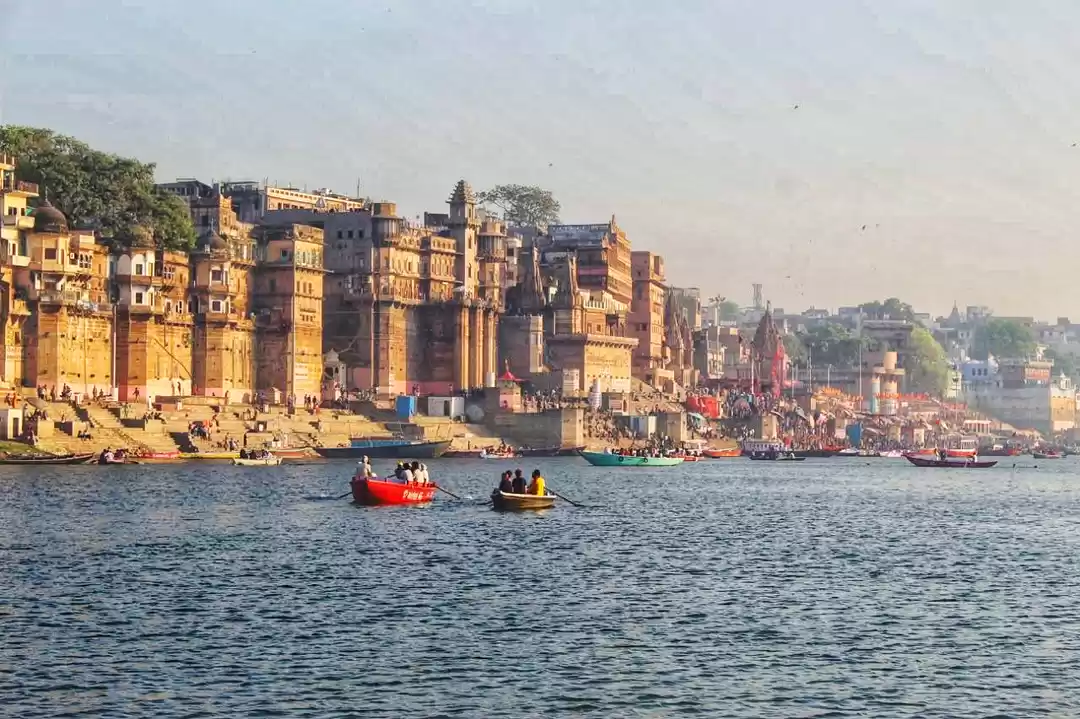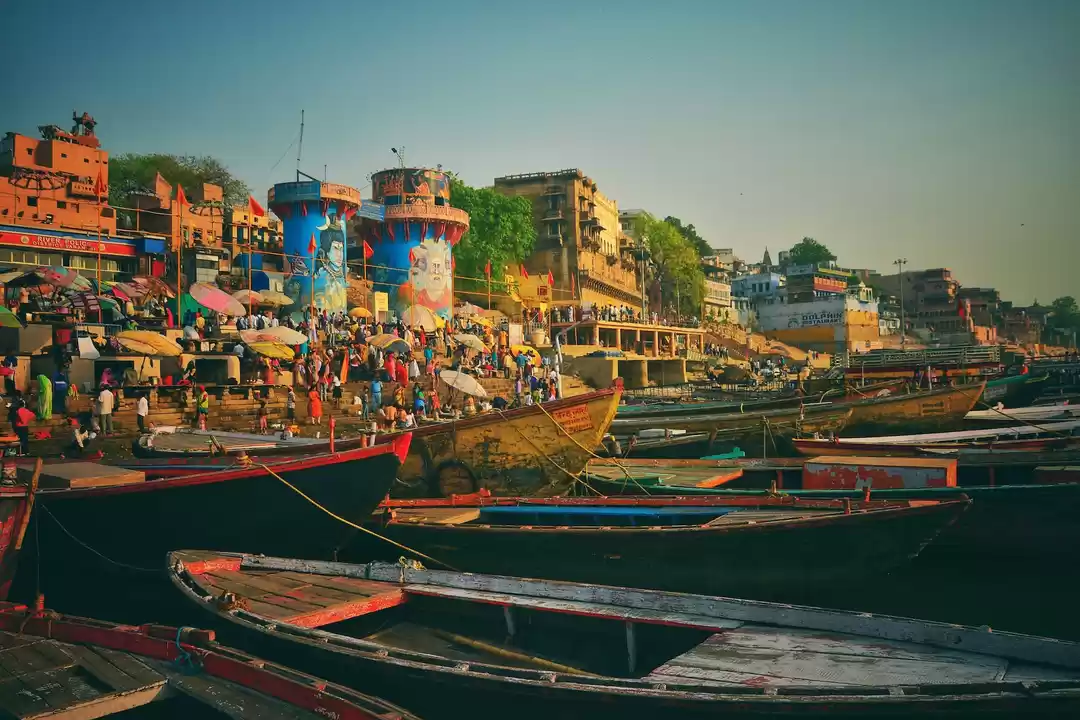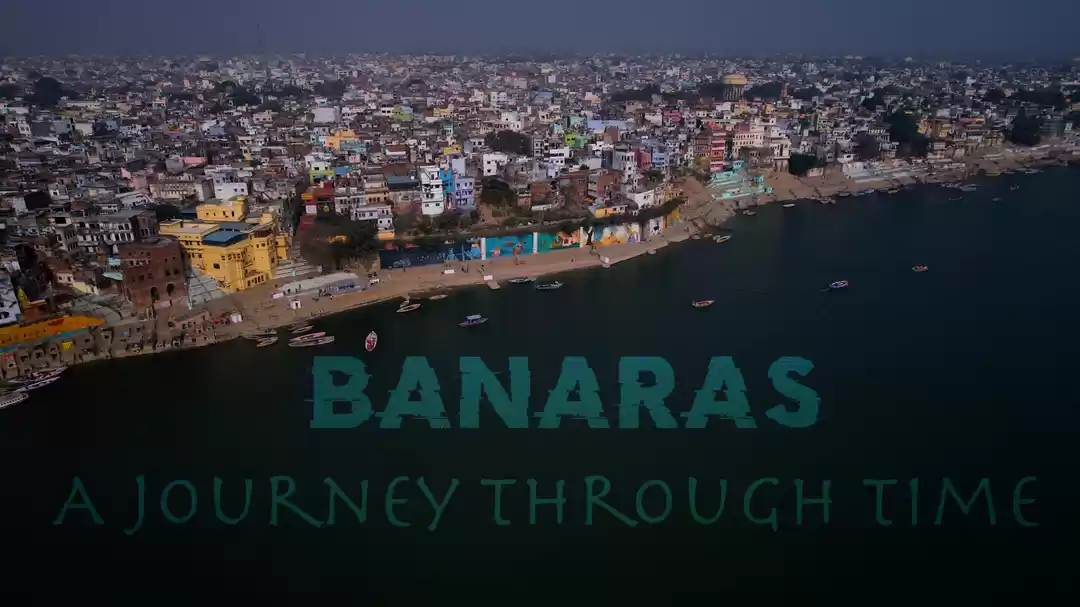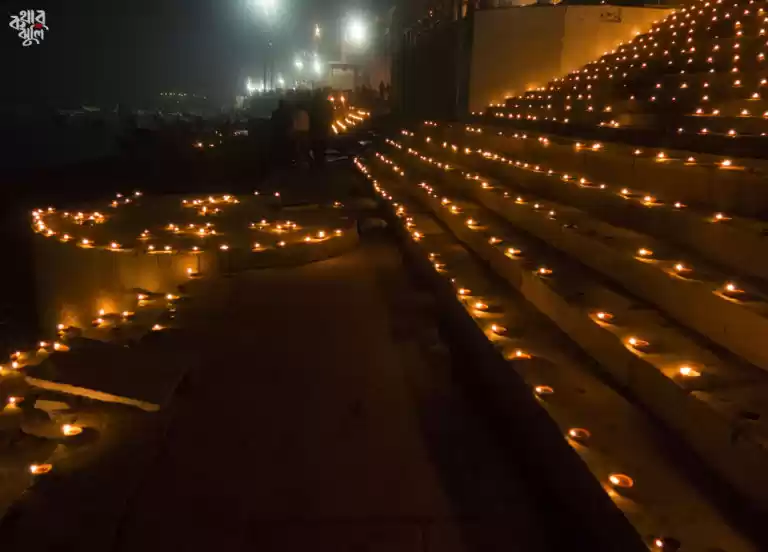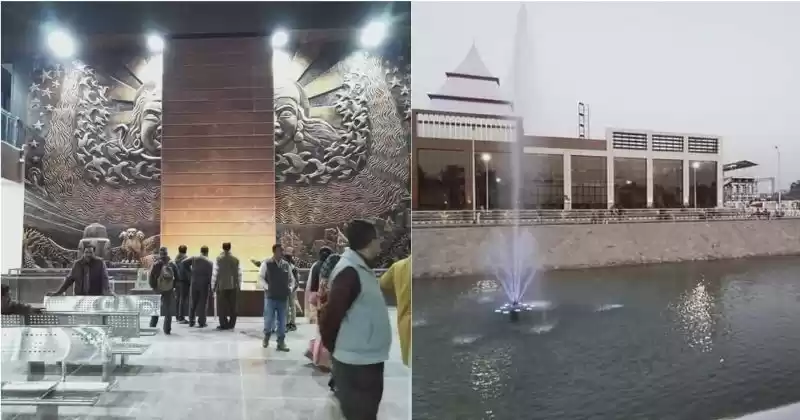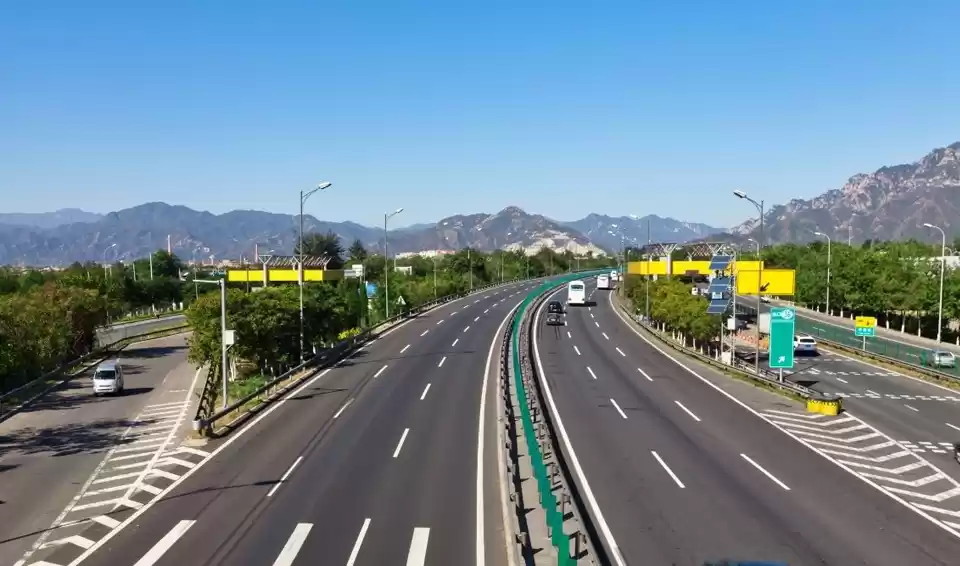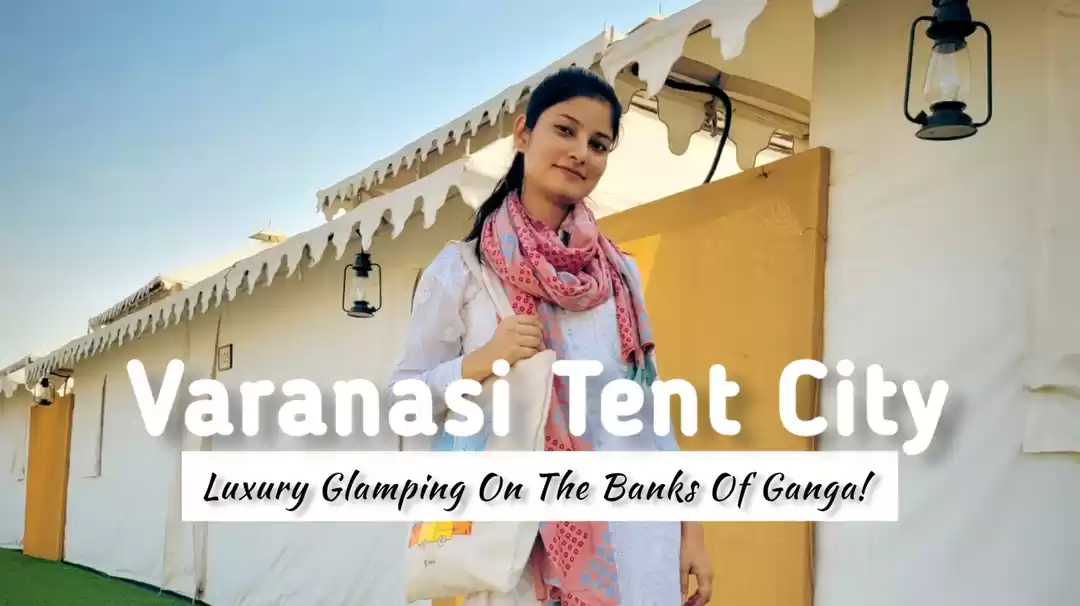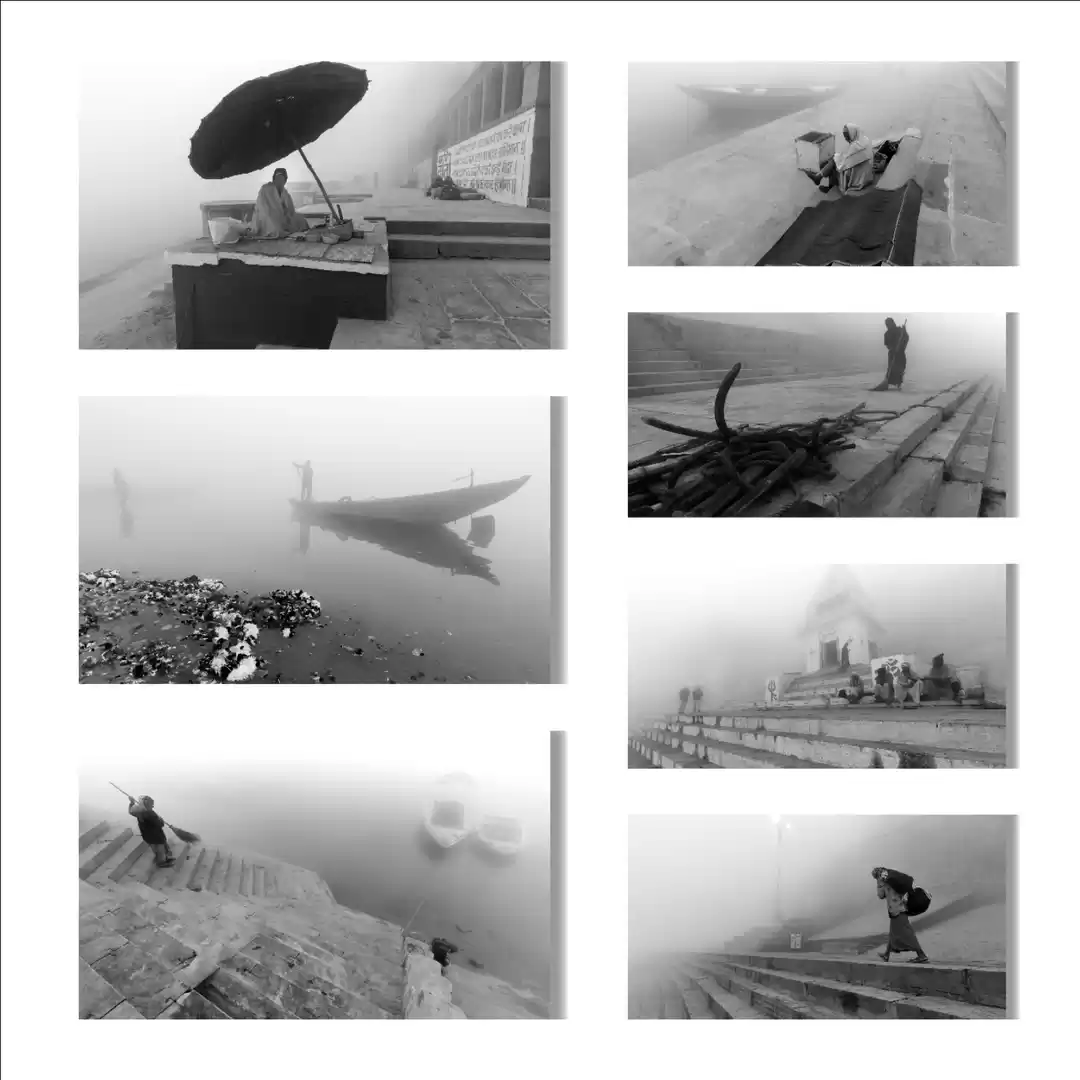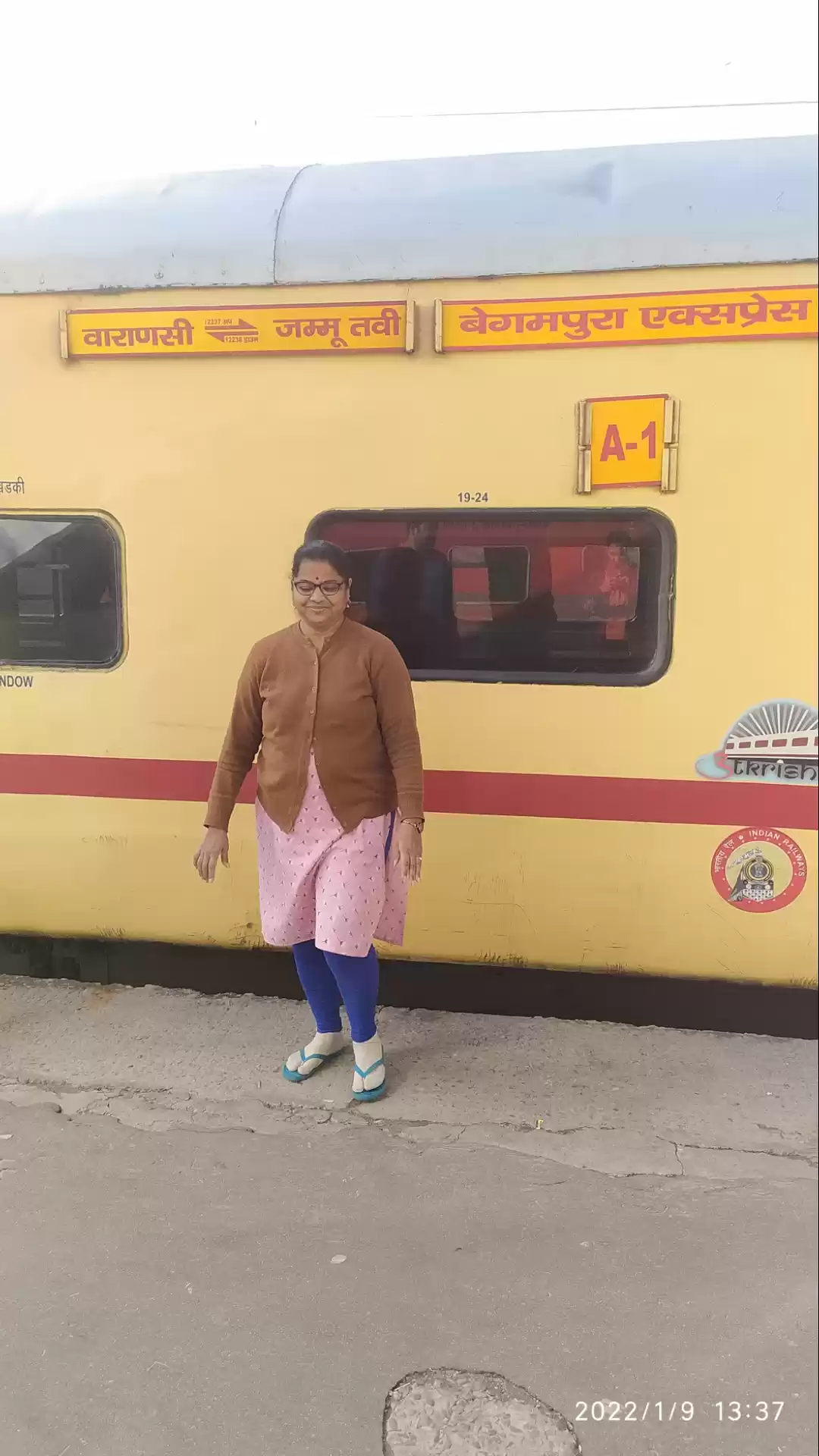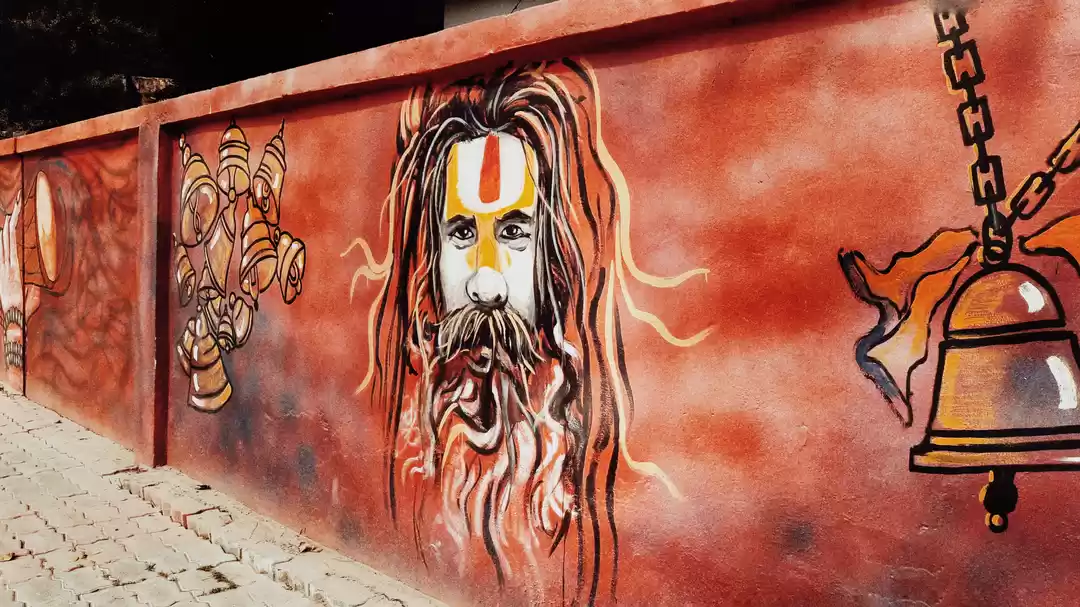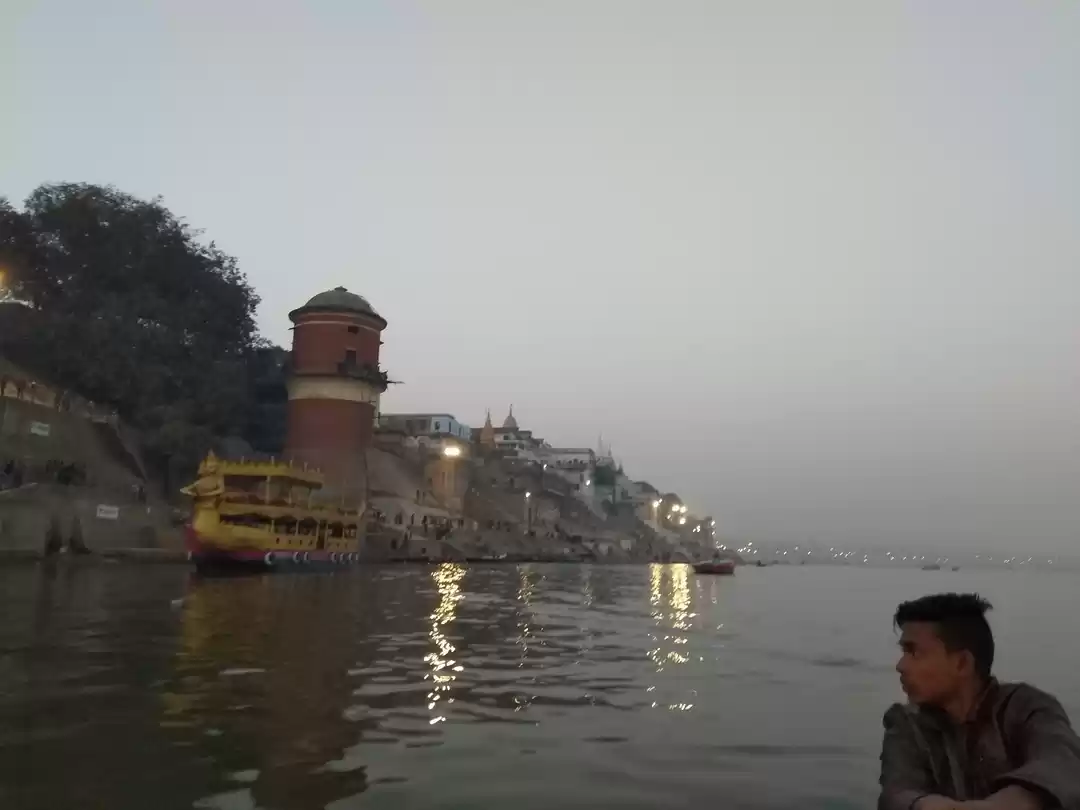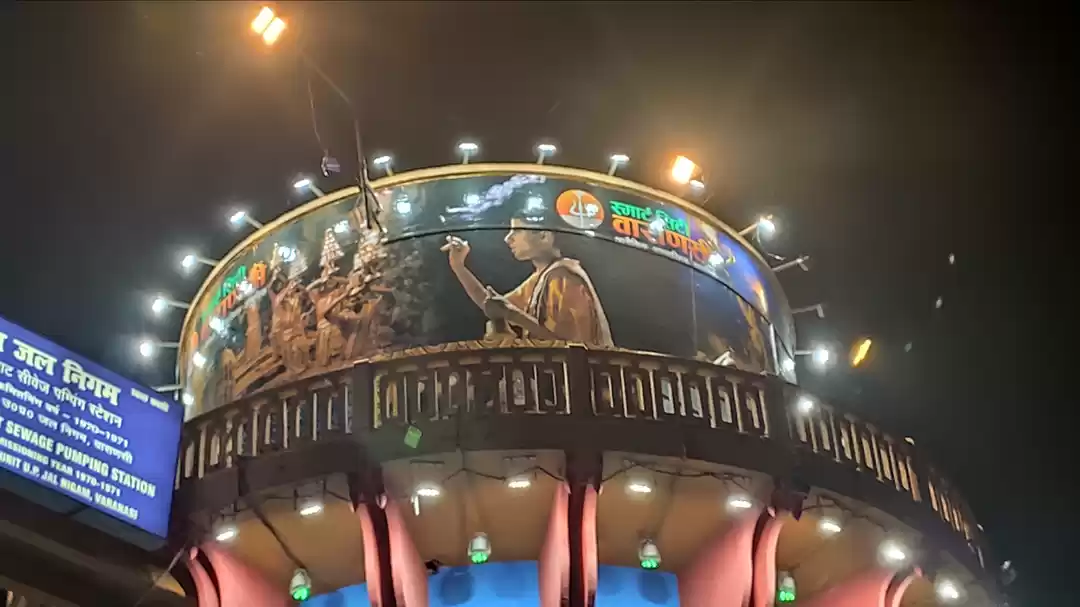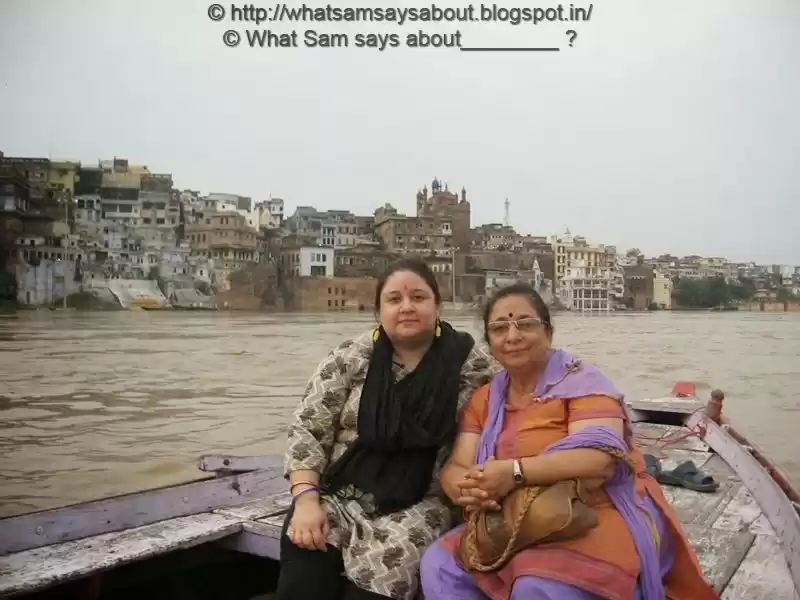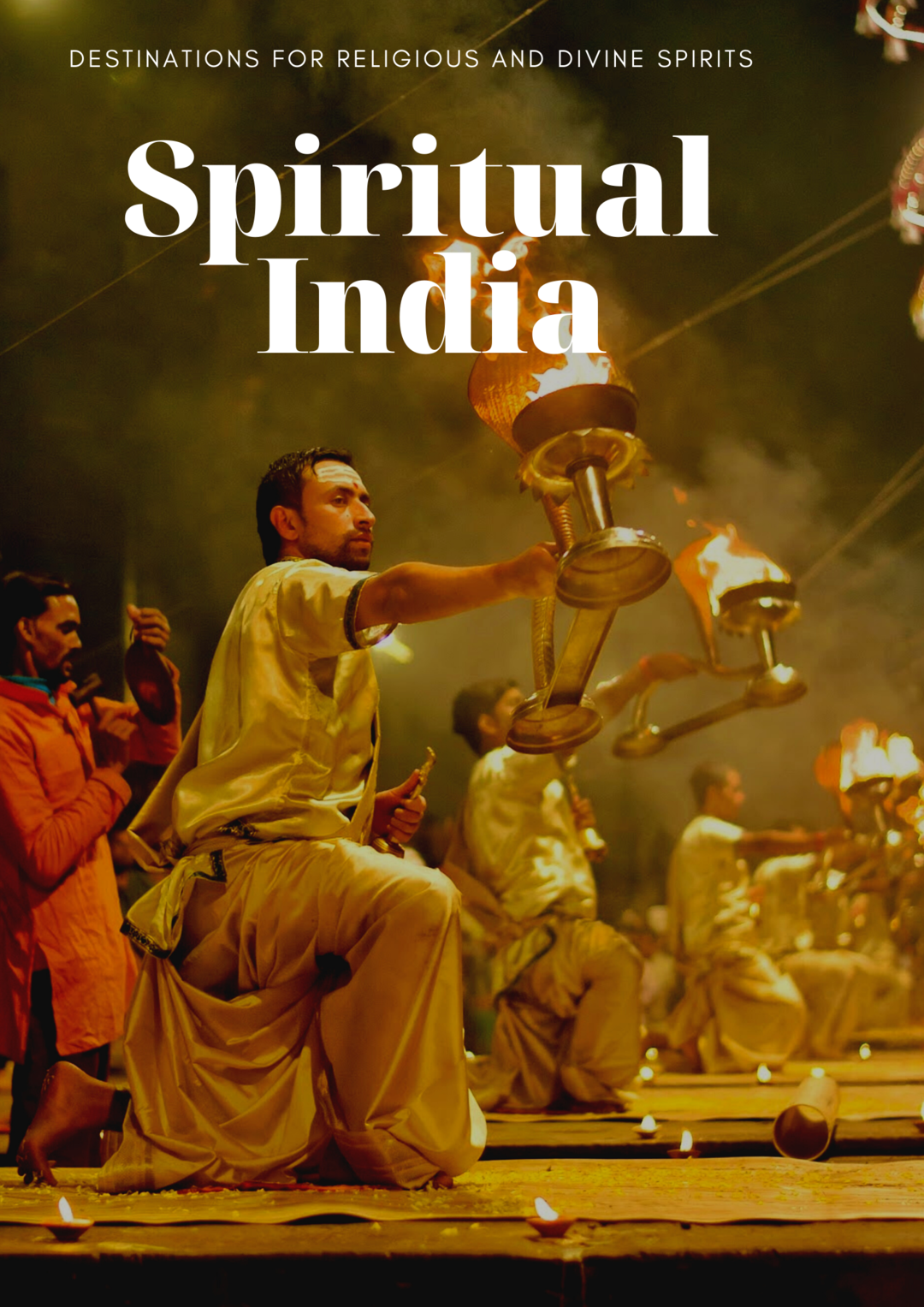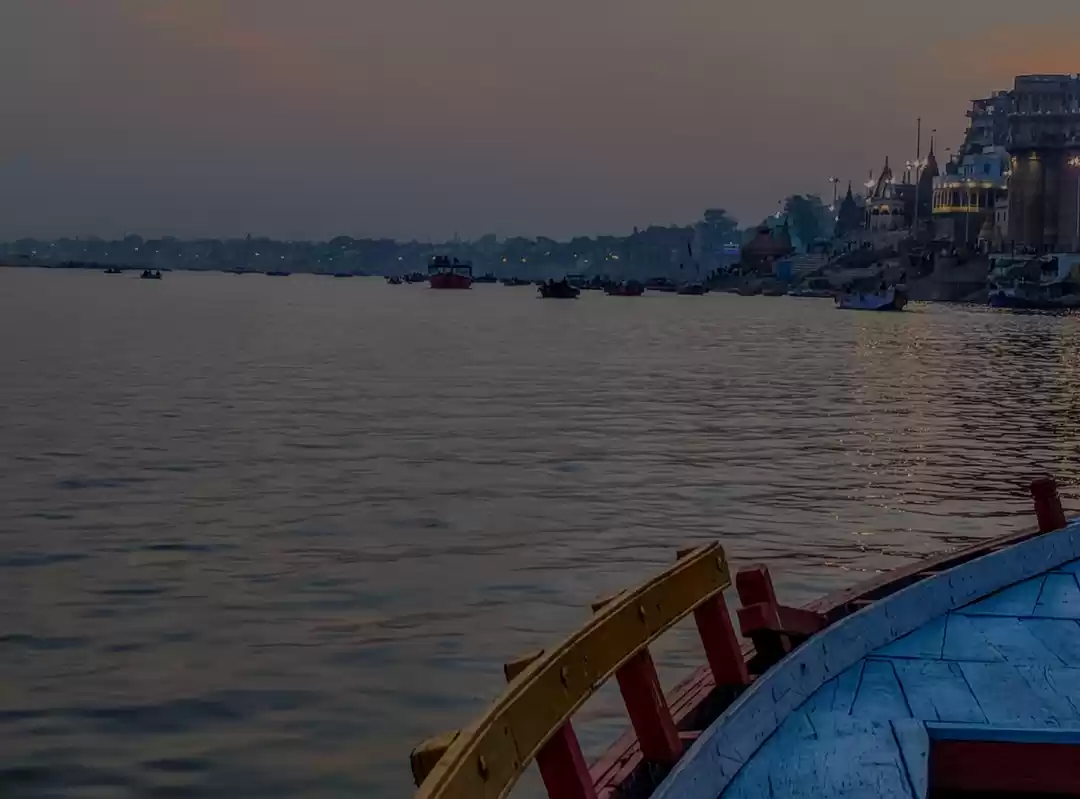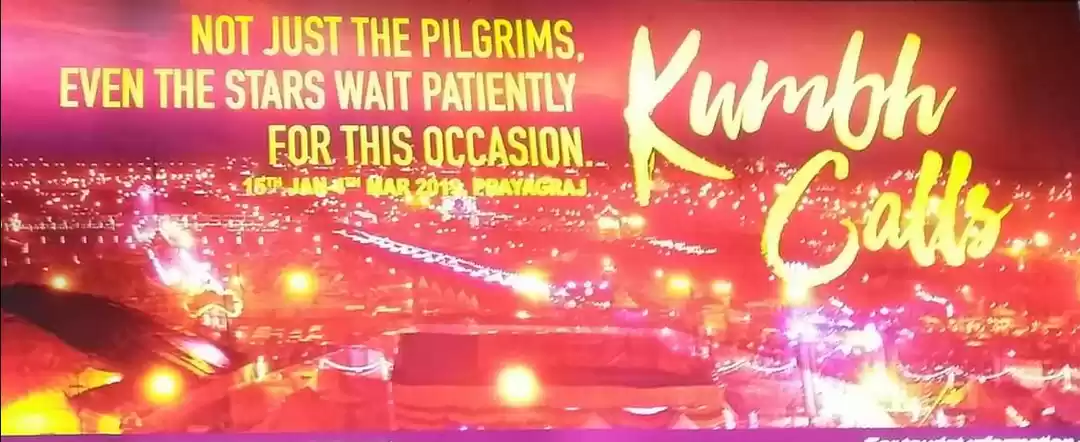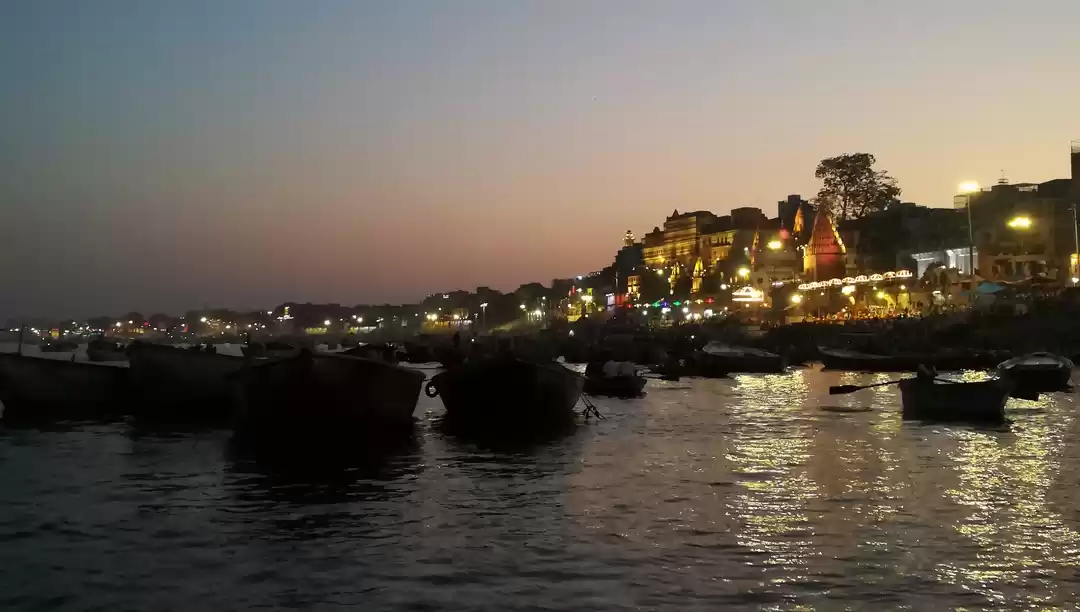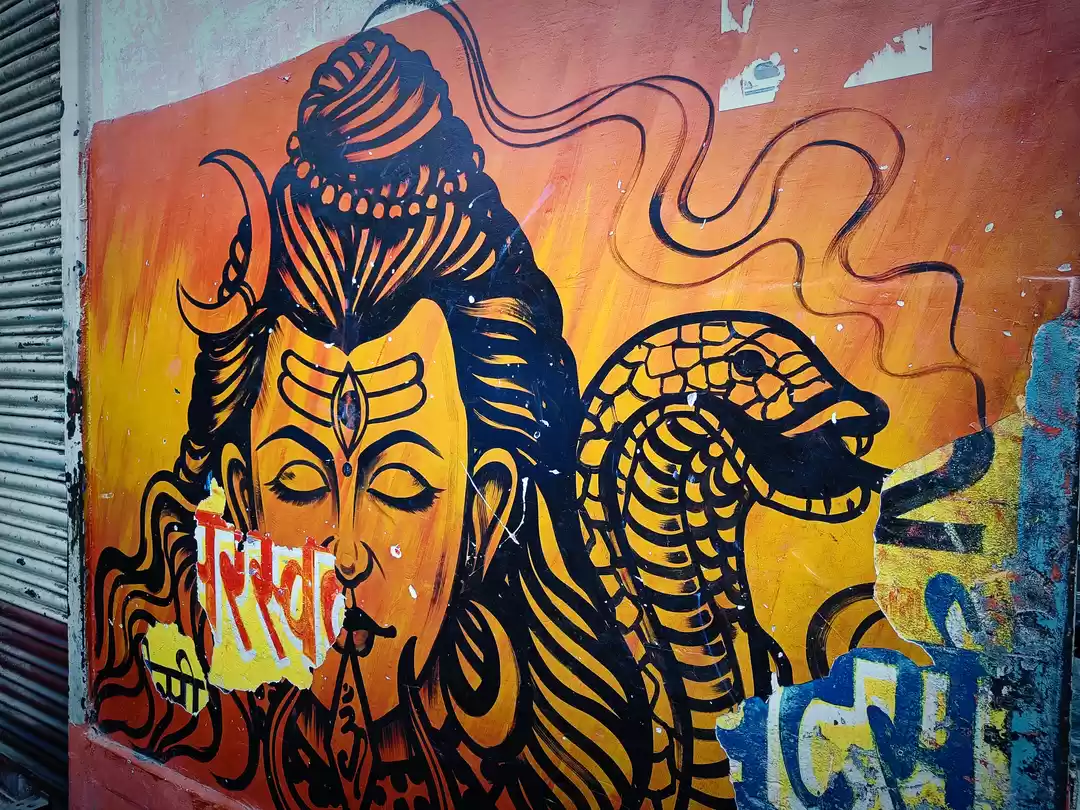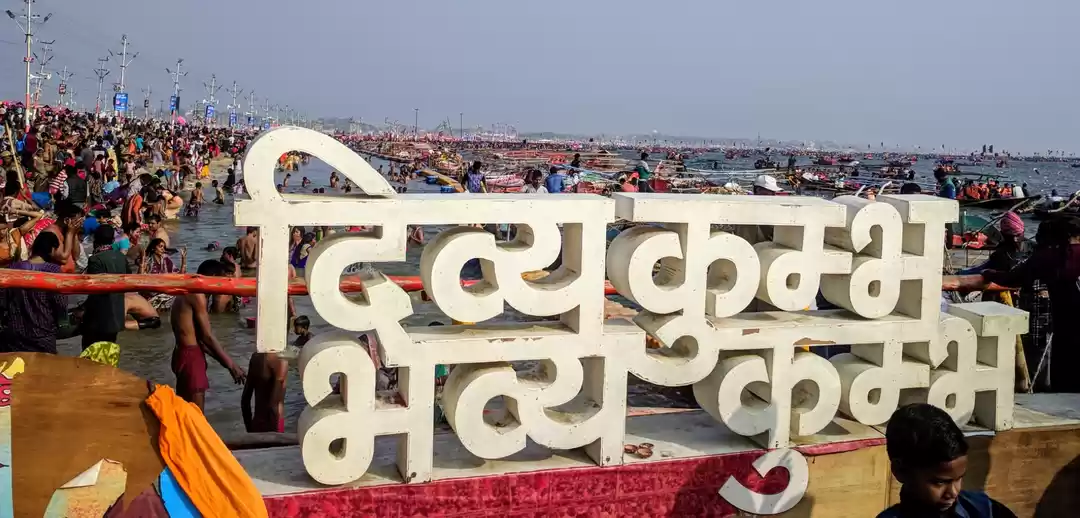Leaving home for the first time alone for the Kumbh January 2019, in Prayagraj had me excited as well as nervous!!
I took a morning flight to Varanasi arriving in the City by afternoon and checked into, a very comfortable bed and breakfast place, where I had stayed four years back when I had visited Varanasi, namely Shree Ganesha Palace in Godowlia. It was a home coming for me!
After a quick lunch, I went for darshan of the Lord / Ruler of the Universe, Kashi Vishwanath Shiva Temple, and one of the twelve ”Jyotirlinga"! Varanasi city is also called Kashi, and hence the temple is popularly called Kashi Vishwanath Temple.
Situated in a crowded area of the city, one of the most famous Hindu temples dedicated to Lord Shiva. The temple stands on the western bank of the holy river Ganga.
I had a great darshan and went off for another darshan, of Kaal Bhairav!
The word "Kaal" means both "death" /time and "fate". It is believed that even death is afraid of Kaal Bhairav!
The 17th century AD temple is dedicated to Bhairava (Kaal Bhairav), a fierce form of Lord Shiva and wears a garland of skulls and carries a club of peacock feathers. One of the most interesting temples in Varanasi. A door guarded by Bhairav's mount, the dog, then a courtyard in the centre of which is the main shrine, and you get a view of the sanctum from here!
Bhairav's silver face, garlanded with flowers, can be seen through the doorway while the rest of the idol said to be holding a trident, seated upon a dog, is hidden behind flowers and other finery!
This temple was a spiritual centre in Kashi for many centuries for the most severe of Shiva ascetics. Now the temple is no longer the exclusive domain of such extremist yogis and is visited by ordinary householders for his protective blessings. An important temple of Varanasi.
He is the "Kotwal" (police chief ) of Varanasi! You cannot leave Varanasi without his permission!!
After darshan spent some time on the busy Dashashwamedh Ghat, the evening Ganga Aarti was just over! Having witnessed this Aarti before, I was not very disappointed.
Returned to my hotel, for an early dinner and retired to bed.
On 27th morning I left Varanasi at 7.30 am by car for Prayagraj, reaching by 9.30 am and lucky that I was, the car was allowed in the Kumbh Kshetra, Mela area!
My driver fixed up a really sweet boatman who took me to the Triveni Sangam for my holy dip of faith!
I credit my smooth journey to and from the Triveni Sangam to him and my driver who was accompanying me!
Kumbh is on UNESCO 's List of Intangible Cultural Heritage.
Devout Hindus believe that the Kumbh Mela originated in times immemorial. Samundra Manthan (churning of the ocean) by the Gods and Demons, is attested in the Hindu mythology and found in the Vedic texts.
Kumbh a pitcher with the nectar of immortality was churned out of the ocean, and while it was carried off by the God's, so that the Demons could not lay their hands on it, it's drops fell at four places making them auspicious, where the Kumbh Mela is held, four times over the course of 12 years.
The site rotating between four pilgrimage places on four sacred rivers at Haridwar on the Ganges, at Ujjain on the Shipra, at Nashik and Trimbak on the Godavari and at Prayag on the confluence of the Ganges, the Yamuna and the mythical Saraswati. Each site’s celebration is based on a distinct set of astrological positions of the Sun, the Moon, and Jupiter, the holiest time occurring at the exact moment when these positions are fully occupied.
In Hinduism,Kumbh Mela one of the most auspicious religious festival, a mass pilgrimage event, one of the largest peaceful gathering of people anywhere in the world! An assembly or union around " water or nectar of immortality "!
The Kumbh Mela at Prayag,( now Prayagraj) in particular, attracts millions of pilgrims.
A Great Kumbh Mela is held every 144 years at Prayag; the 2001 festival attracted some 60 million people.
In Prayagraj, hearing the word “Kumbh”, creates the picturesque vision of Triveni Sangam in one’s mind. At the sacred confluence of rivers, Ganga ,Yamuna and the "Gupta" hidden or invisible Saraswati.
Huge multitudes filled with sense of devotion move like waves in the ocean.
The Padma Purana proclaims:
"One who bathes and drinks there where the Gangā, Yamunā and Sarasvati join enjoys liberation. Of this there is no doubt."
The Kumbh Mela at Prayag is very different as compared to Kumbh at other places due to many reasons.
The tradition of long-term Kalpvas is practised only in Prayag.The pilgrims who come for this are called Kalpavasi, they are enjoying the benefits of the regular bathing and worship by staying on the banks of Ganga for the entire Kumbh period.
Most of these are from States of Uttar Pradesh, Madhya Pradesh, Bihar, Jharkhand, Uttaranchal, Rajasthan and other states.
Most of the Kalpavasi's living in the minimum facilities are above the age of 50 years!!
Kalpavas is practised on the banks of the Sangam starting from the 11th day of Paush Maha to 12th day of Magh Maha. Around the month of January to March depending on the Hindu almanac! "Kalp" a period equal to the total number of years in the four yugas — Satyug, Tretayug, Dwaparyug and Kalyug.
It is said that by observing Kalpavas, one can overcome the sins and escapes the cycle of birth, death and karma!
Triveni Sangam is considered as the centre of the earth in few scriptures.
It is said Lord Brahma performed the Yajna here for creating the universe.
Prayagraj is called the shrine of pilgrimages, but the most important reason is that the significance of performing rituals and tapas at Prayagraj is of highest among all pilgrimages and provides one with the highest virtue!!
Chanting of vedic mantras and elucidations of religious hymns in the Pandals, proclamations of knowledge, spiritual music, mesmerising sounds of instruments, holy dip in the sangam with utmost devotion fills the heart of devotees with immense joy.
The "Shahi Snaan’ of "Akharas",is worth seeing, if you are visiting Kumbh during the Snan dates.
Snan or bathing dates start from Makar Sankranti in January being the first bath or holy dip and then on to Basant Panchami, Maha Shivaratri and so forth.
Akhara or Akhada is a Sanskrit word, for a place of practice with facilities for boarding, lodging and training, both in the context of Indian martial arts and monastery for religious renunciates in Guru–shishya tradition. These were set up by Adi Shankracharya.
Devout offer prayers at many divine temples after their holy dip exhibiting the greatness of Prayagraj Kumbh.
It is believed that an individual who takes the holy dip in the sacred waters relieves his/her ten generations from the cycle of rebirth, and hence, achieving salvation.
Moreover, it is said that just by providing services to pilgrims at Prayag during Kumbh will help an individual to gain redemption from temptation. There are many free " Bhandaras" where anyone can walk in for a free meal at anytime of the day or night! Service to the community is the whole idea.
Prayag is visited by tens of millions of pilgrims because of these beliefs.
Saints, ascetics and their followers pay their respect and perform various traditional rituals at Triveni Sangam.
The amazed devotees line up to watch the rituals being performed.
The Kumbh Mela at Prayag takes place for approximately 55 days, spread over thousands of hectares around the sangam area, and becomes the greatest of ephemeral city in the world. Regularity of this celebration continuing since ancient times is unique in itself.
There is no formal invitation to anybody, lakhs of people just come!
I had a very satisfying day at the Kumbh, took Darshan of "Lete " Bade Hanuman Mandir, here the shrine is 8 feet below in a pit and an enormous idol of Hanumanji is in a lying position. This is the only one in the world. Another fascinating phenomenon which occurs every monsoon season, when the water level rises, the Ganges River pays obeisance to Hanumanji by touching his feet.
When the Moghuls were plundering temples in India, Aurangzeb told his soldiers to remove the idol of Hanumanji from the shrine and throw it! In vain, everytime the soldiers tried removing the idol, it would go deeper in to the ground!!
After darshan I left to see the Akharas of Naga Sadhus across the river over the many pontoon bridges which were built specially for the Kumbh! Meeting some of the Naga Sadhu's, like Motorcycle Baba !
I attended some spiritual talks and finally, left to see the Ganga Aarti before leaving in the evening for Varanasi.
My next morning in Varanasi was taking in the sights and sounds,I tasted the very famous winter delicacy "Maliyo" a sweet cloud of heaven. This soft-as-a-dream confection is available in Varanasi only on winter mornings only upto 10a.m.
It is made by leaving milk out in the open, the night before, to catch dew drops!!
I walked to Manikarnika Ghat. One of the holiest cremation grounds alongside the Ganges! Here death is a celebration! The belief is those cremated at Manikarnika get instant liberation, as Lord Shiva himself resides here! It is a wish of every Hindu to die in Kashi and be cremated at Manikarnika!! Mani means bead and Karn means ear! Legend says a jewel from Shiva's ear fell here!!
It is one of the oldest ghats in Varanasi and is mentioned in a Gupta inscription of 5th century. It is revered in Hindu religion.
In India, death is considered as a gateway to another life received as a result of our past actions (karma)!
Hindu mythology teaches that the ghat is especially sacred and people cremated here receive moksha!
After spending some time at Manikarnika, I left for my hotel and then to the airport a very satisfied, lucky and happy soul!!
